However, if you’re into retro then it’s a price fully worth paying.
I first saw the old-time German lens maker’sVoigtlander D35mm f/1.2 Nokton lensat the CP+ expo in Yokohama, Japan.
It was mounted on aNikon Z fcand the pairing offered up a true blast from the past.

(Image credit: Future | Tim Coleman)
It’s also available forFujifilmX-mount andSonyE-mount, with each version being considerately designed to match each brand’s style.
For me, the Nikon Z-mount version is easily the pick of the bunch.
The focus ring has a smooth rotation, while the aperture ring is clicked.

All of these details are crucial; they’re faithful recreations of Nikon’s old-school design.
Build quality is solid.
The lens mount is made of metal, although it isn’t rubber-sealed nor weather-resistant.
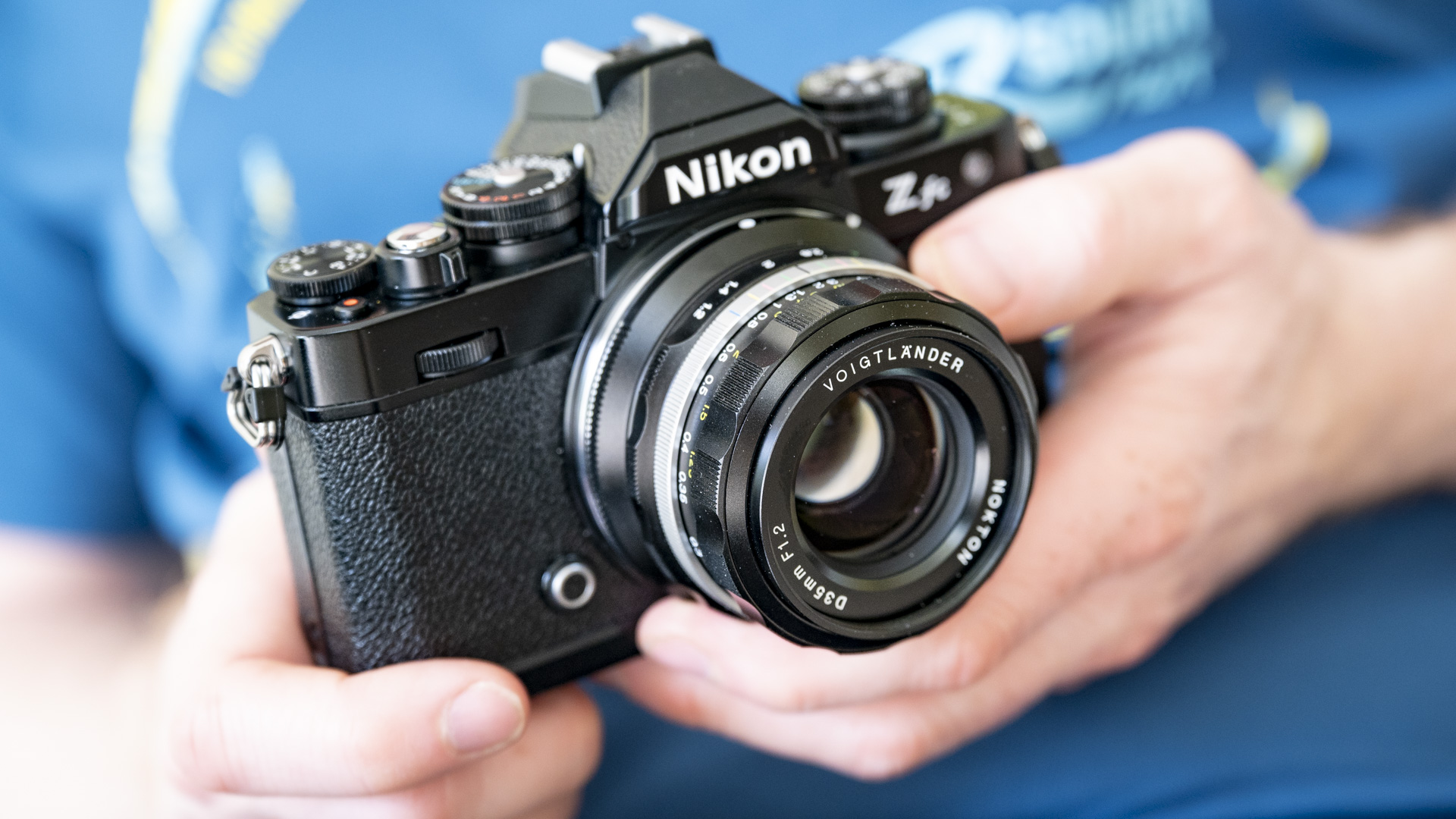
(Image credit: Future | Tim Coleman)
But what of the images it can produce?
There’s 12 aperture blades to create a smooth and rounded bokeh, especially when wide open at f/1.2.
The images below are taken in sequence at f/1.2, f/1.8, f/2.8, f/4 and f/5.6.
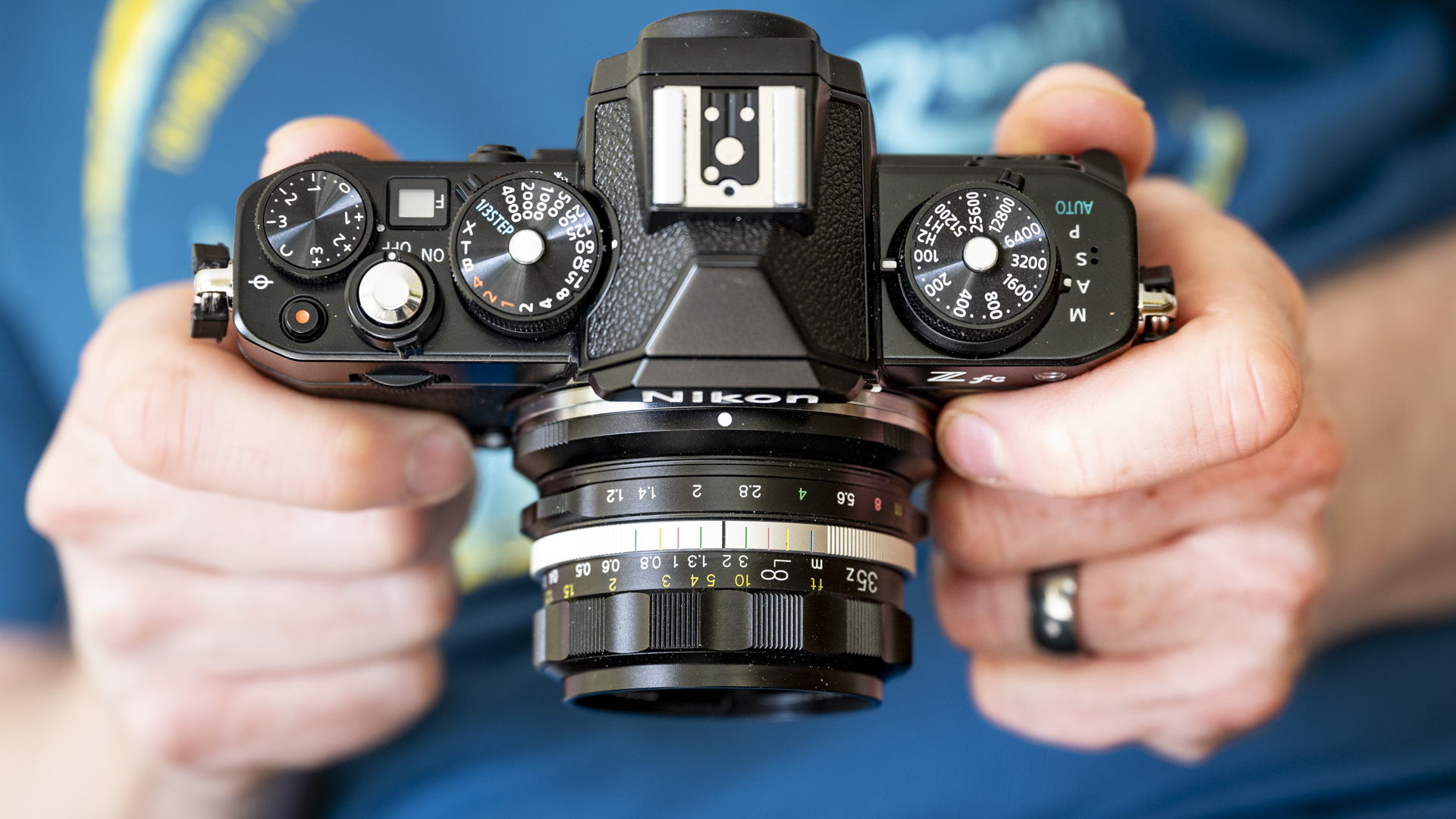
(Image credit: Future | Tim Coleman)
Bokeh is cats-eye in shape in the corners; I don’t mind that over the sought-after circular bokeh.
There are technically better lenses available, but none can compare to the feeling you get with the Voigtlander.
It has certain characteristics that you come to know and grow to love.
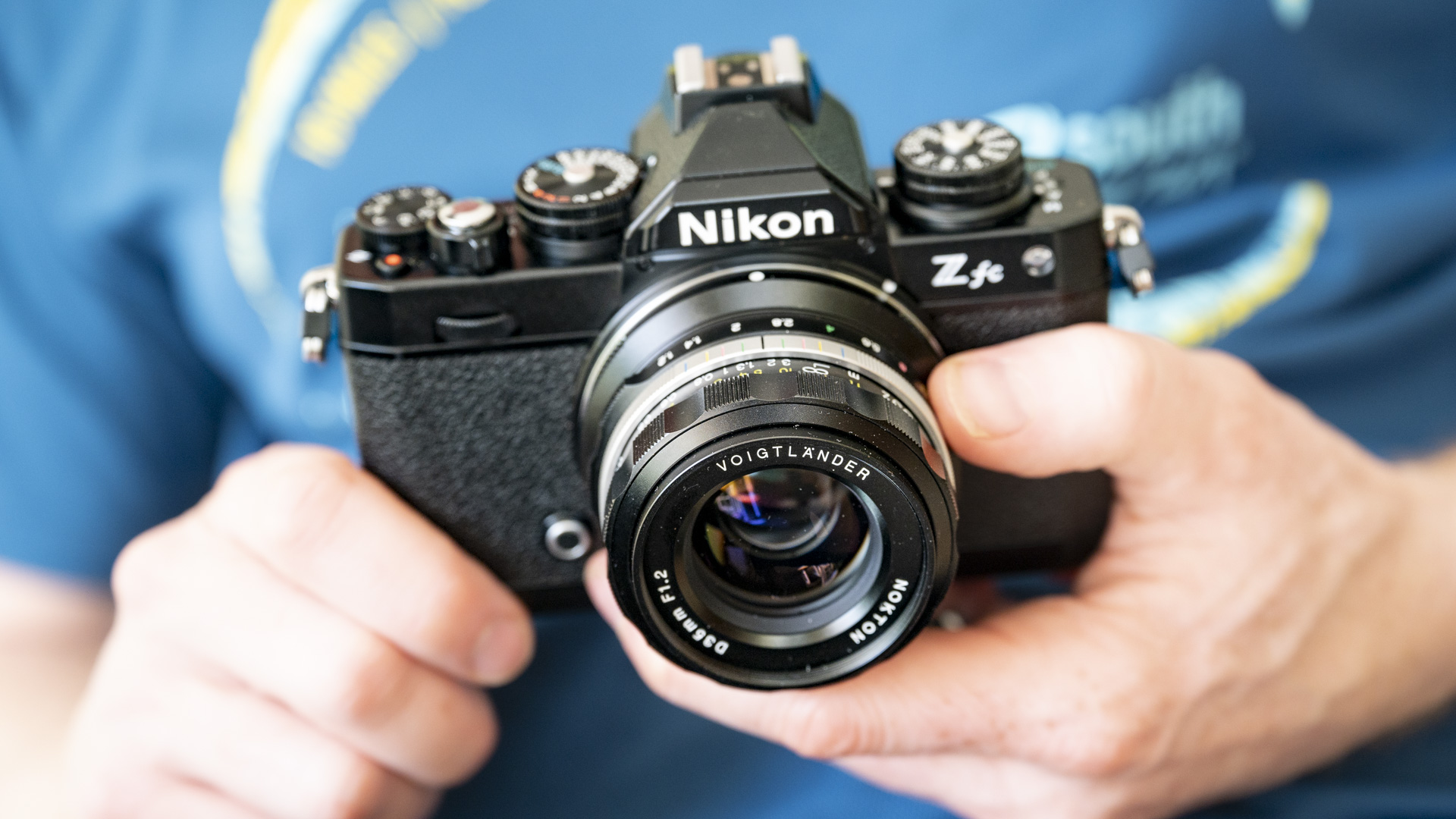
(Image credit: Future | Tim Coleman)
Voigtlander Nokton D35mm f/1.2: sample images
Should you buy the Voigtlander Nokton D35mm f/1.2?
Paired with a Z fc, you have complete manual exposure and autofocus control through dedicated dials and rings.
You miss out on that feature with this manual focus lens.
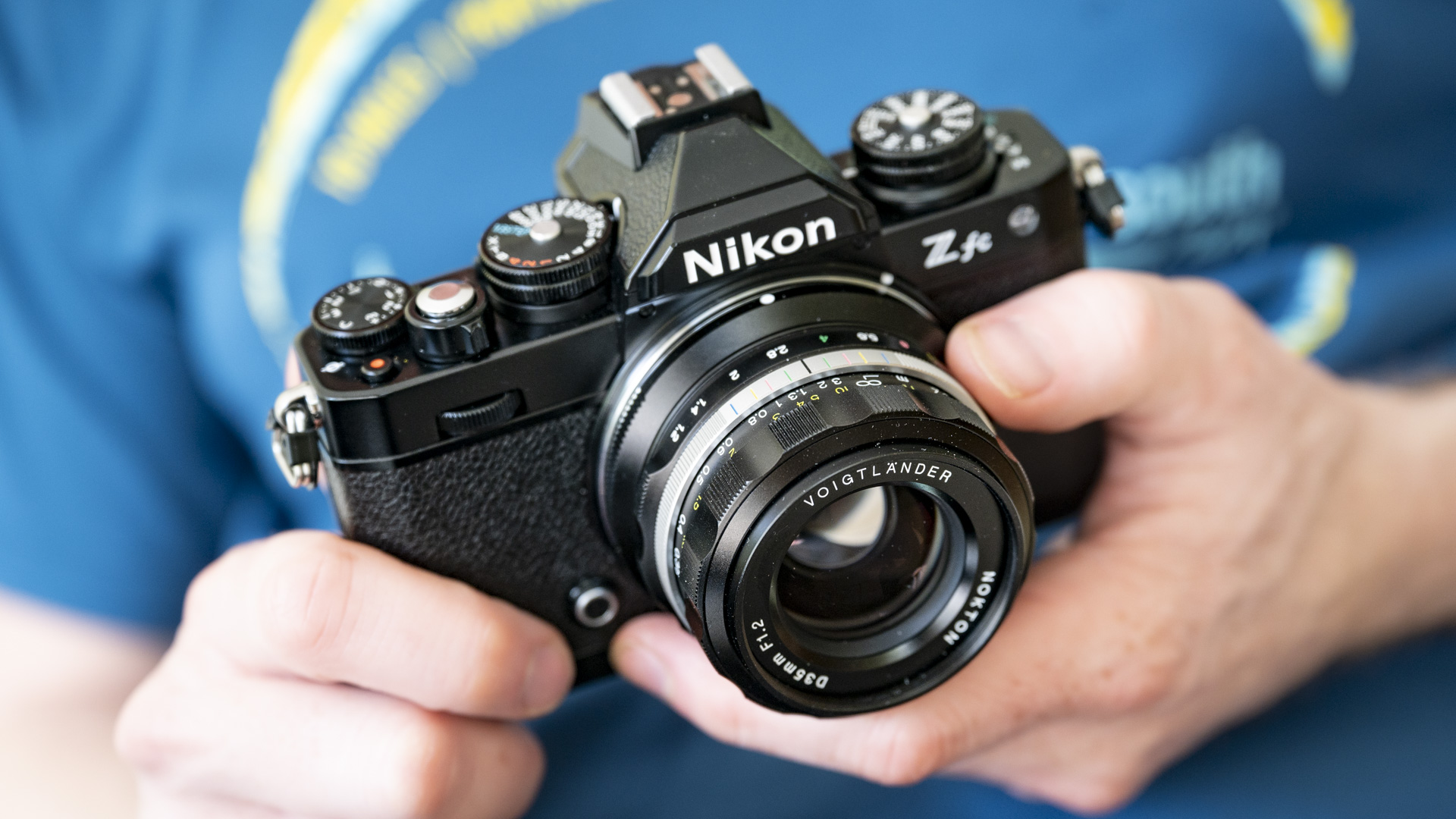
(Image credit: Future | Tim Coleman)
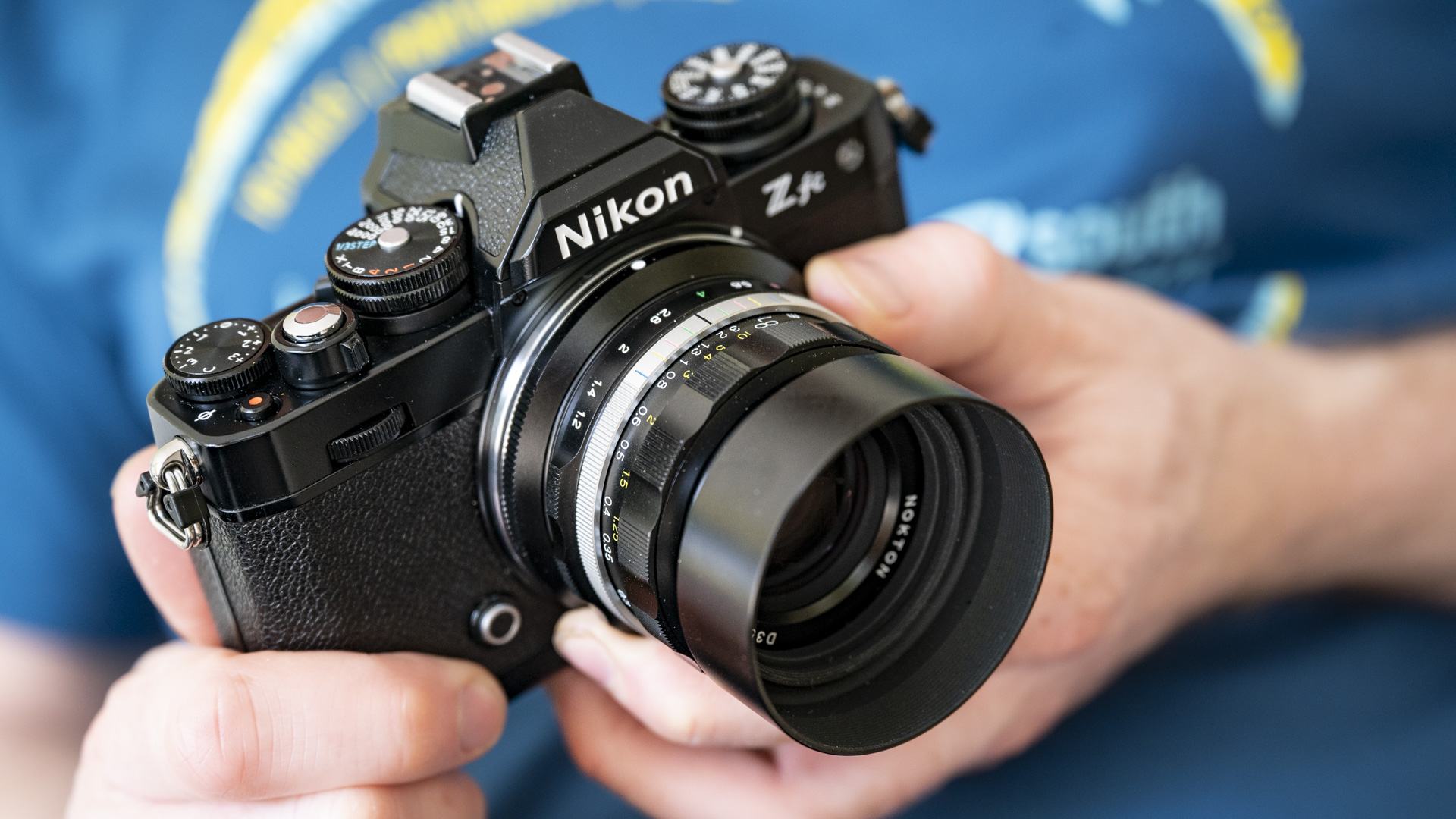
(Image credit: Future | Tim Coleman)
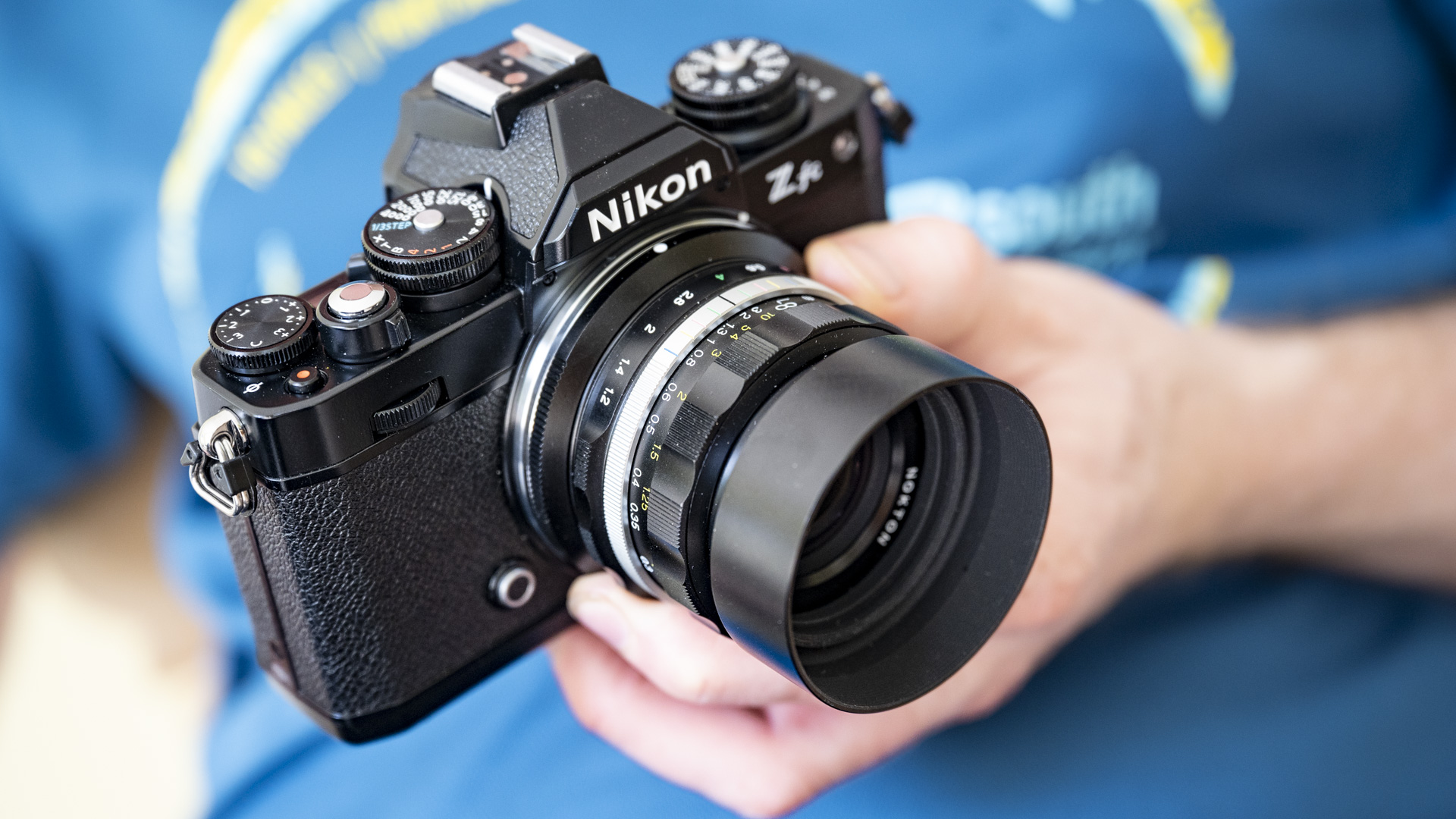
(Image credit: Future | Tim Coleman)
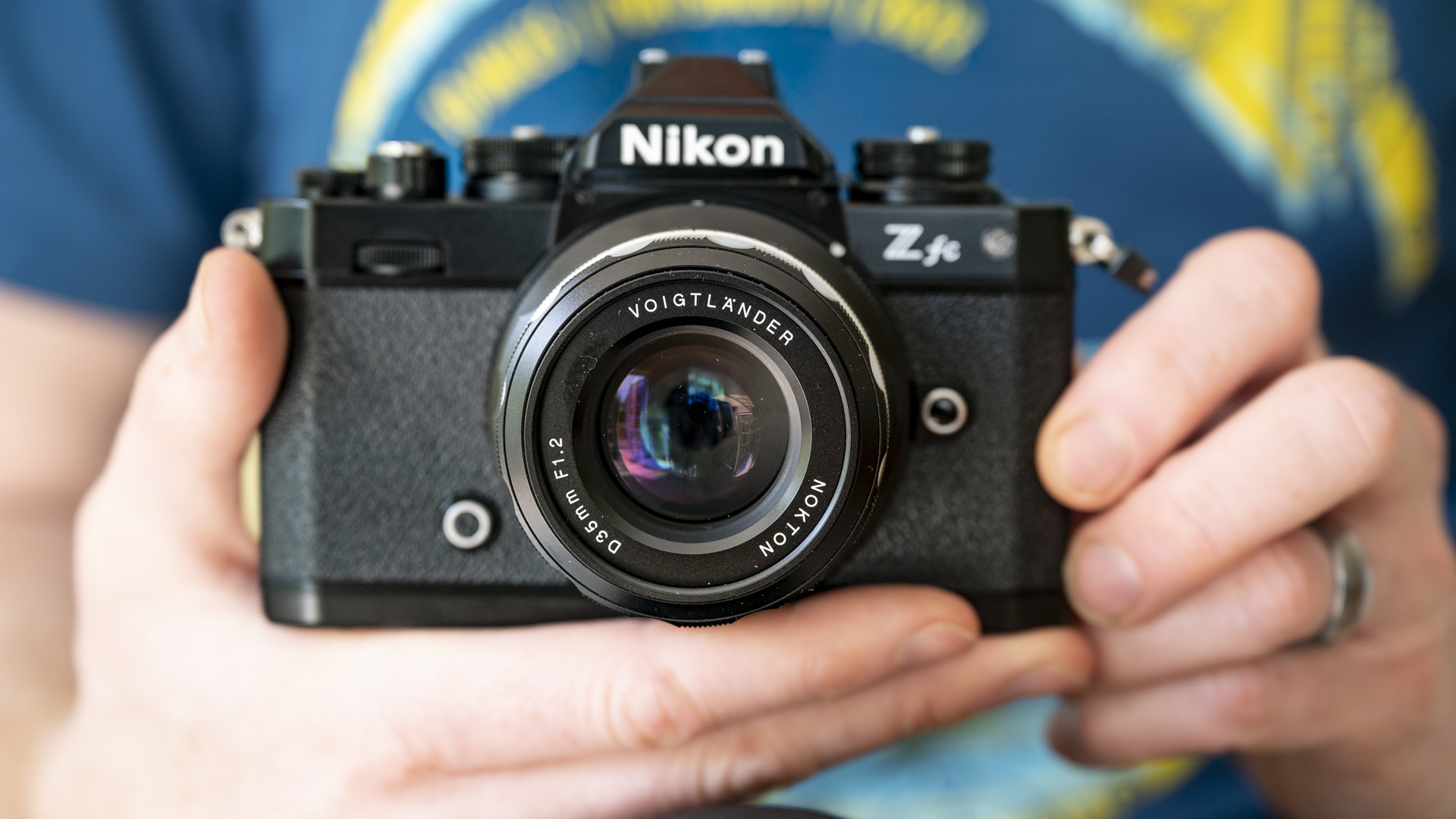
(Image credit: Future | Tim Coleman)
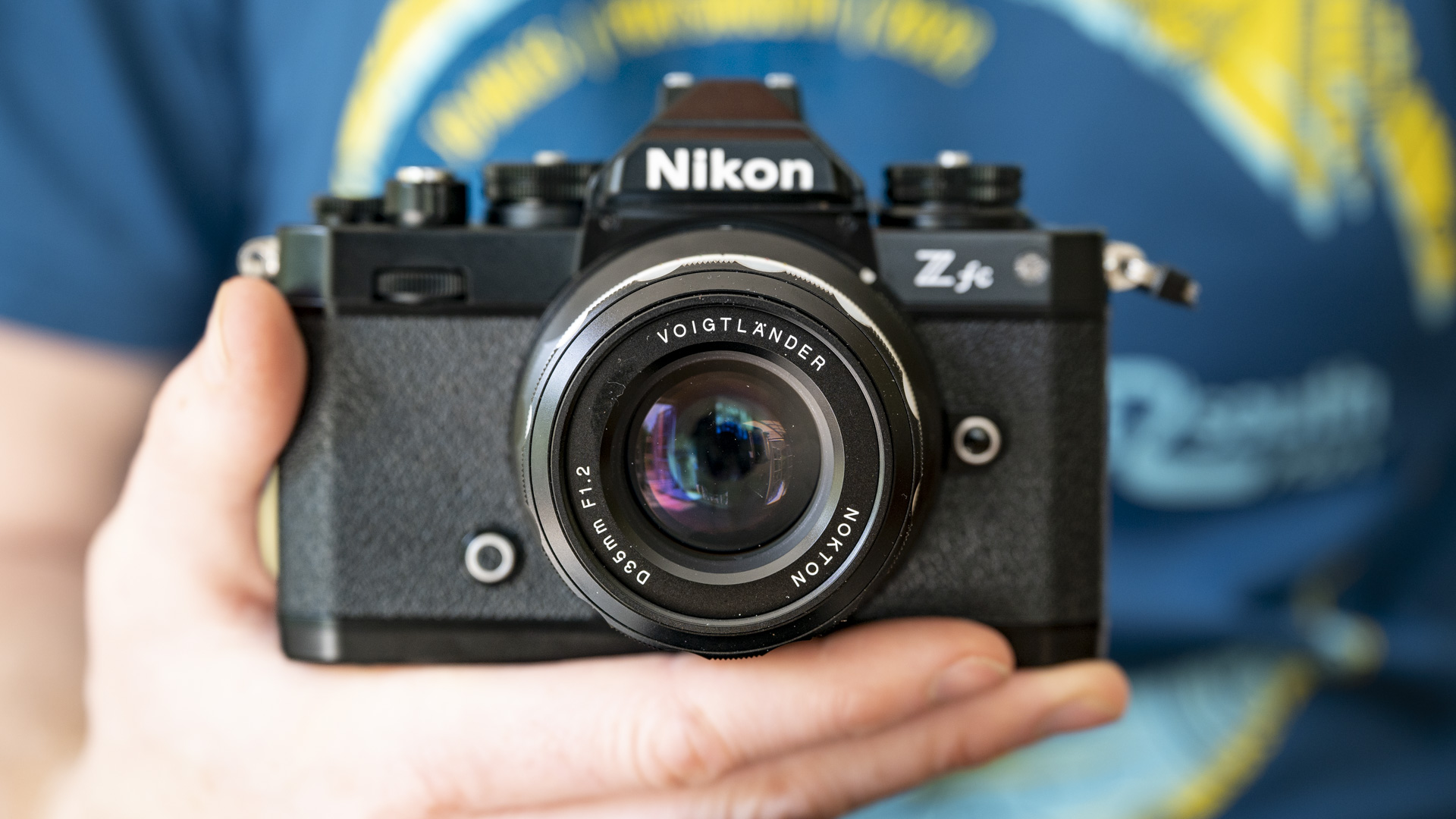
(Image credit: Future | Tim Coleman)
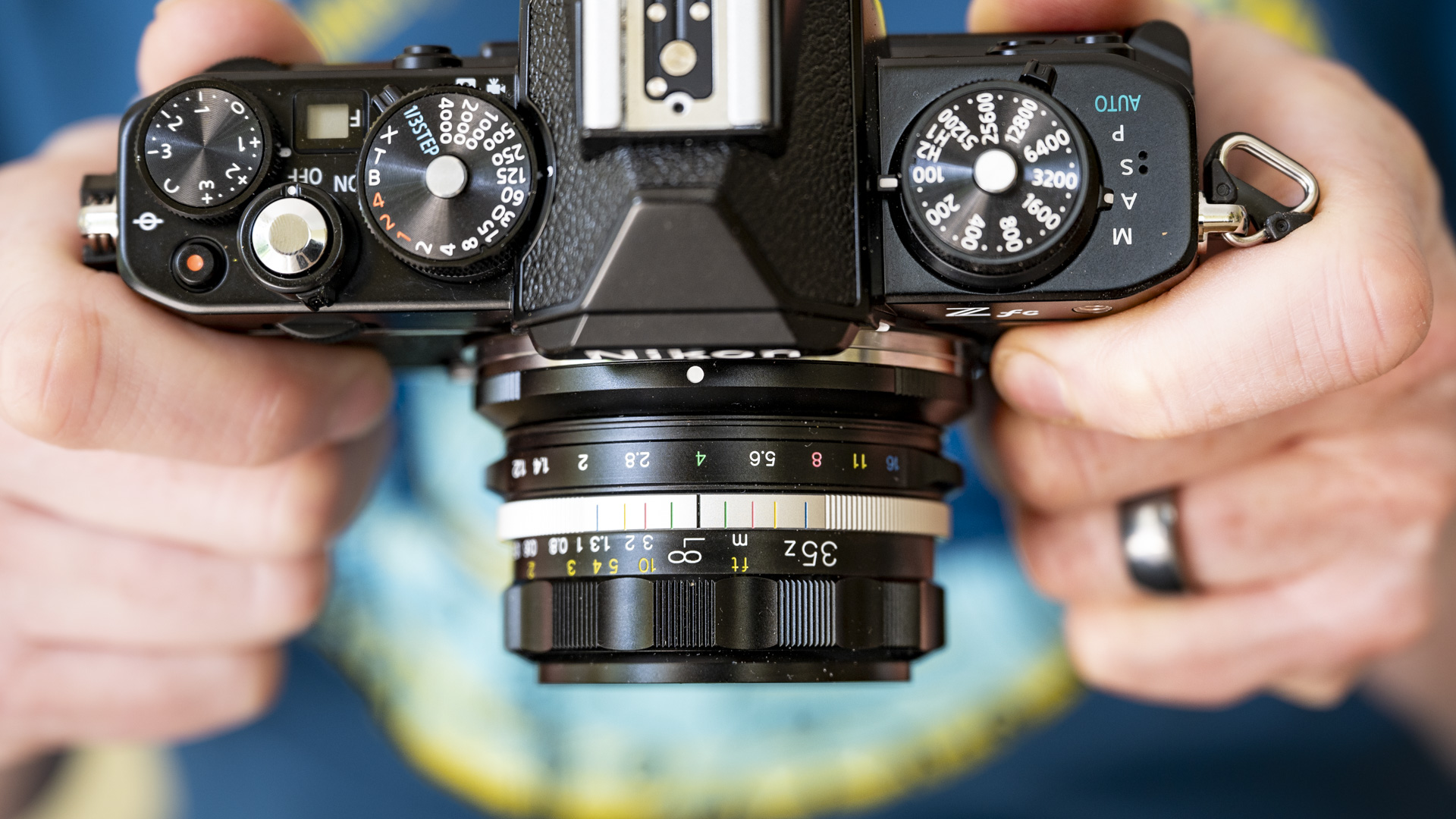
(Image credit: Future | Tim Coleman)
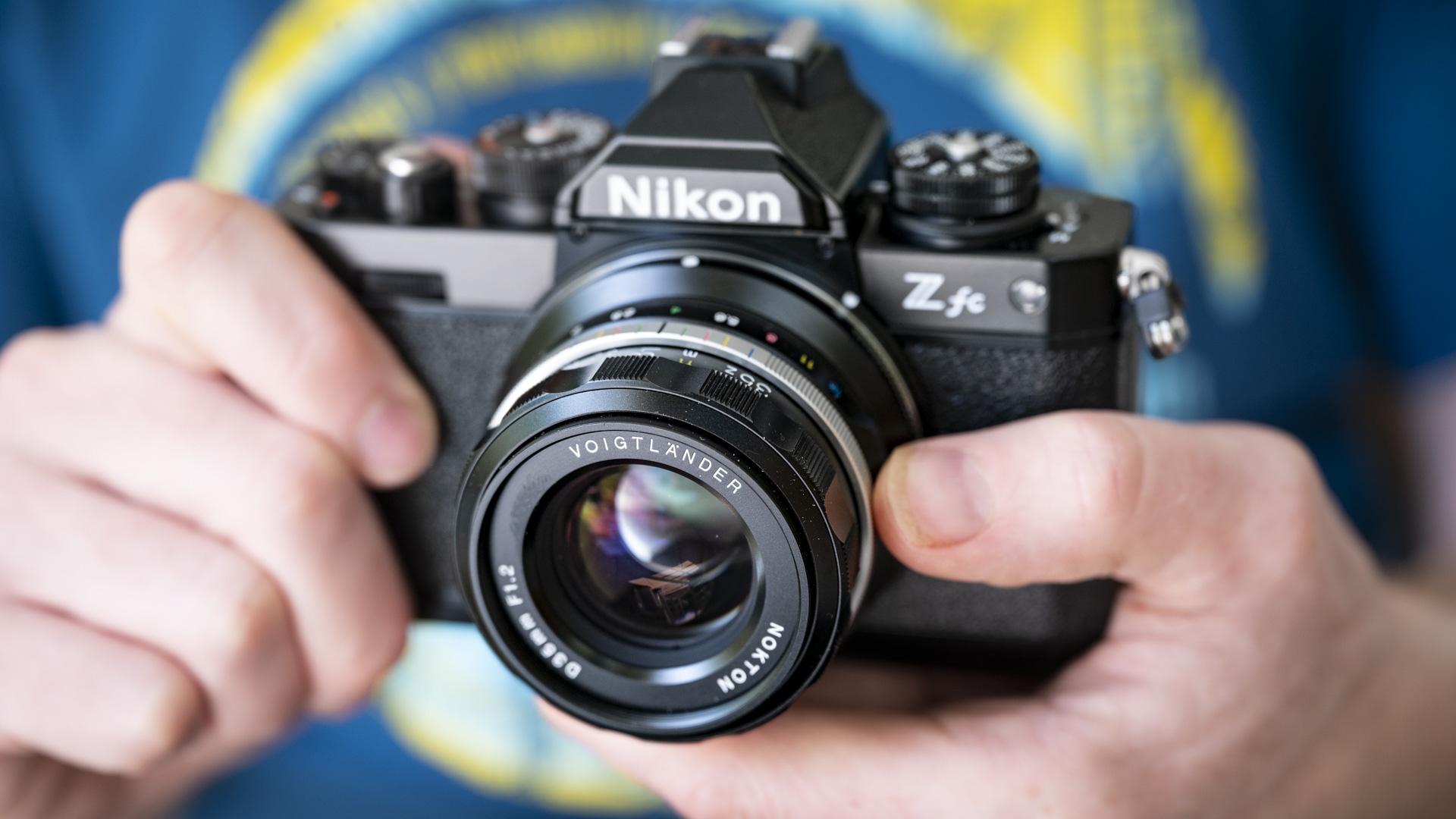
(Image credit: Future | Tim Coleman)
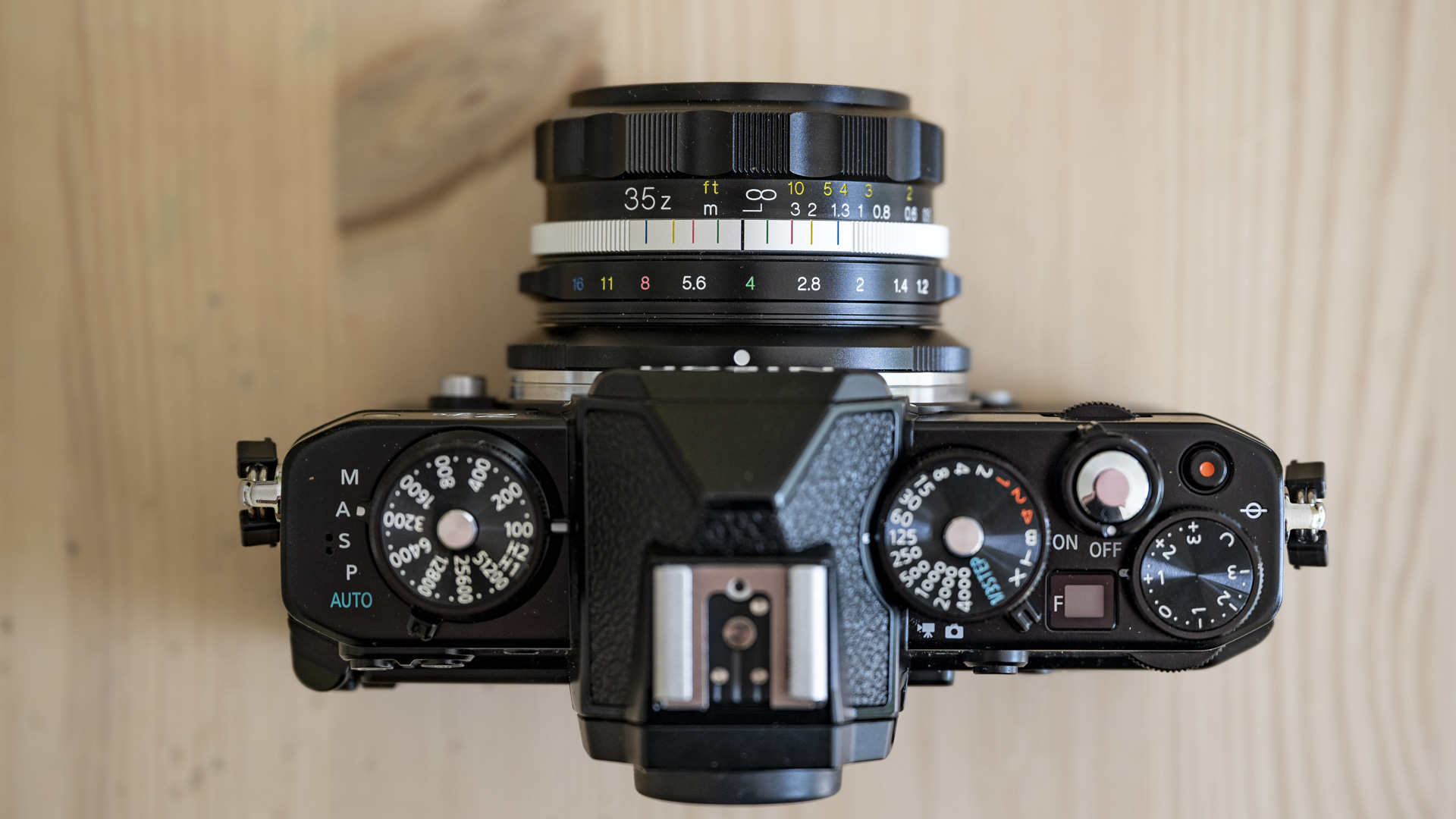
(Image credit: Future | Tim Coleman)
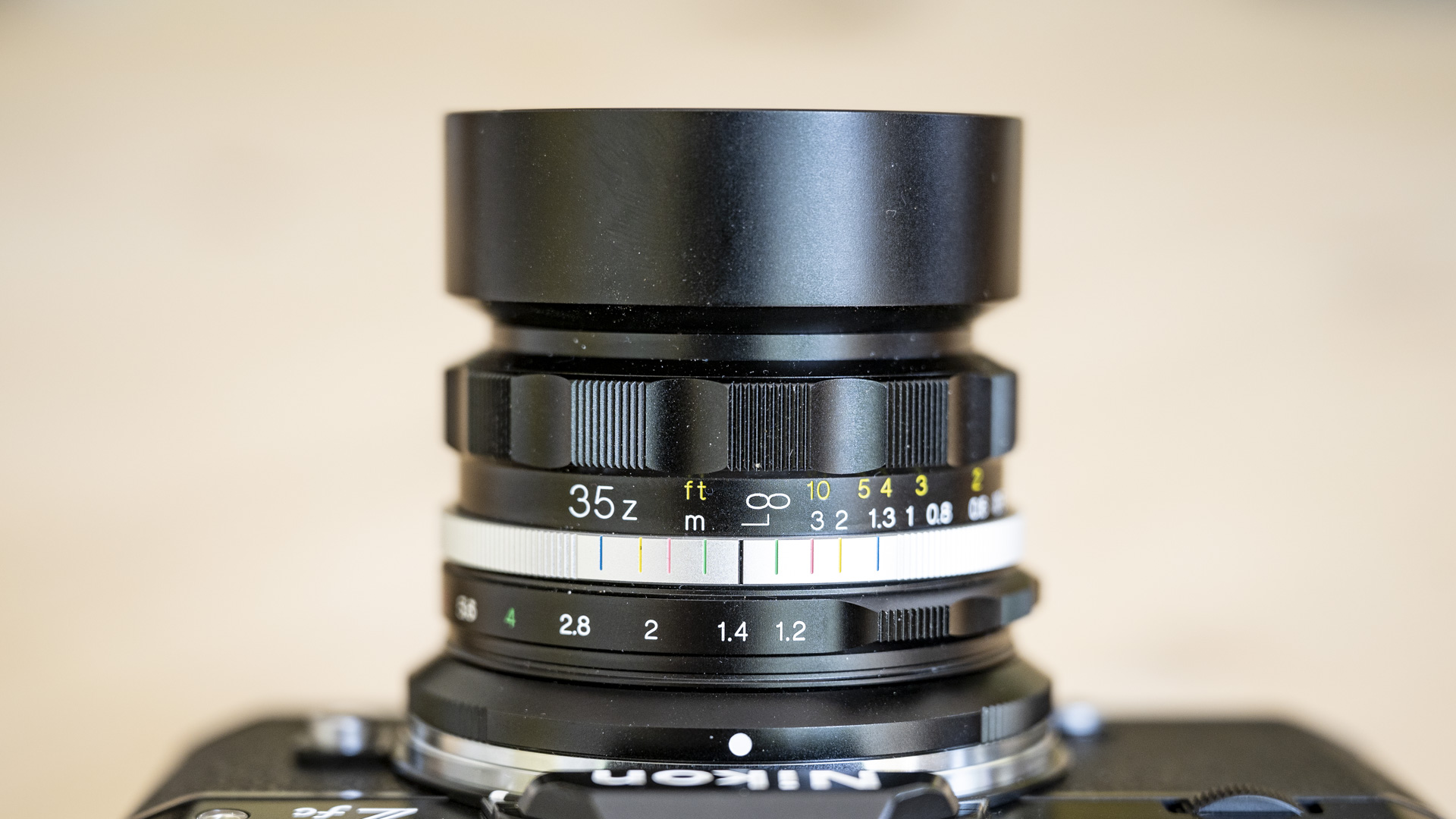
(Image credit: Future | Tim Coleman)
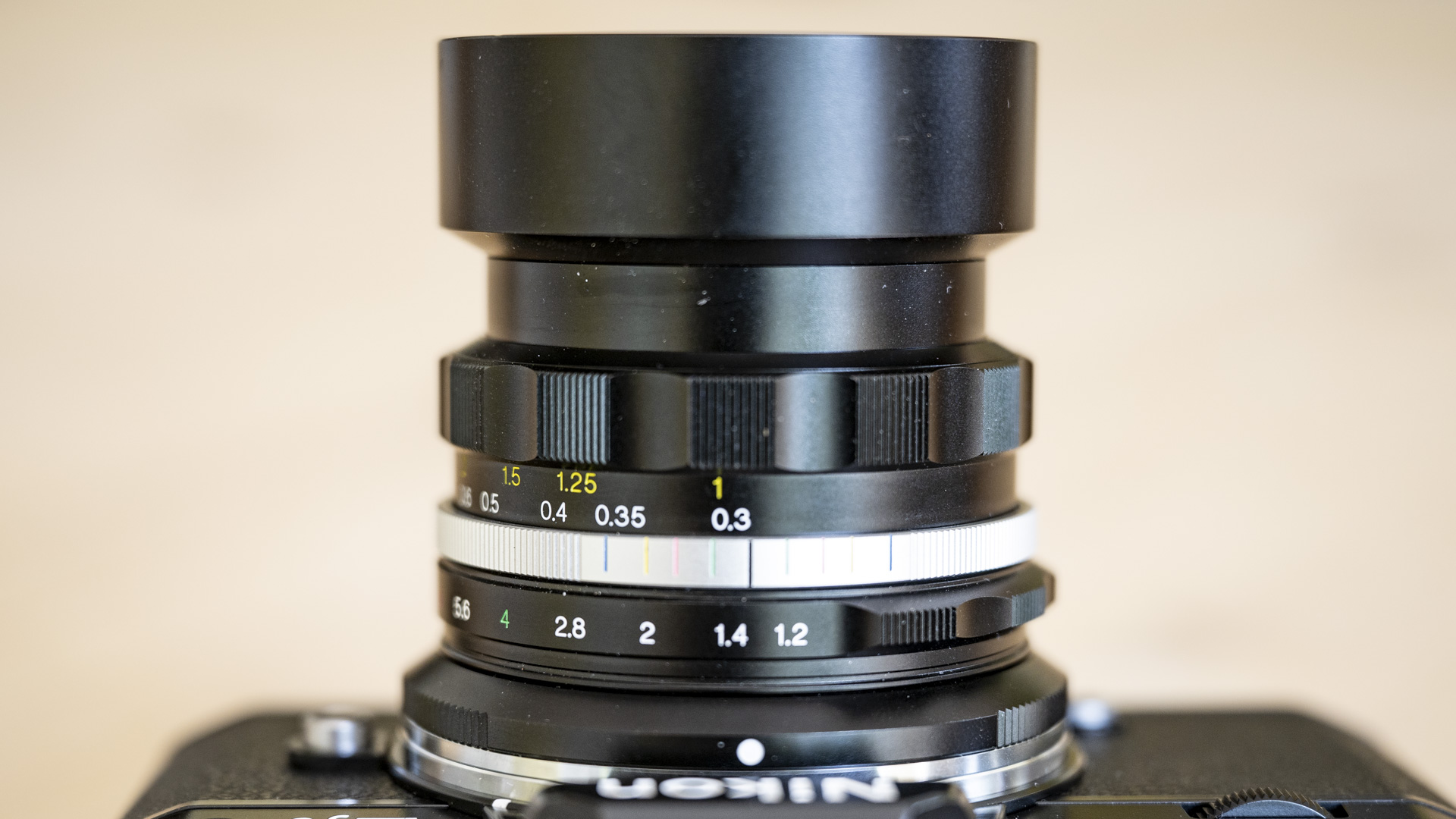
(Image credit: Future | Tim Coleman)
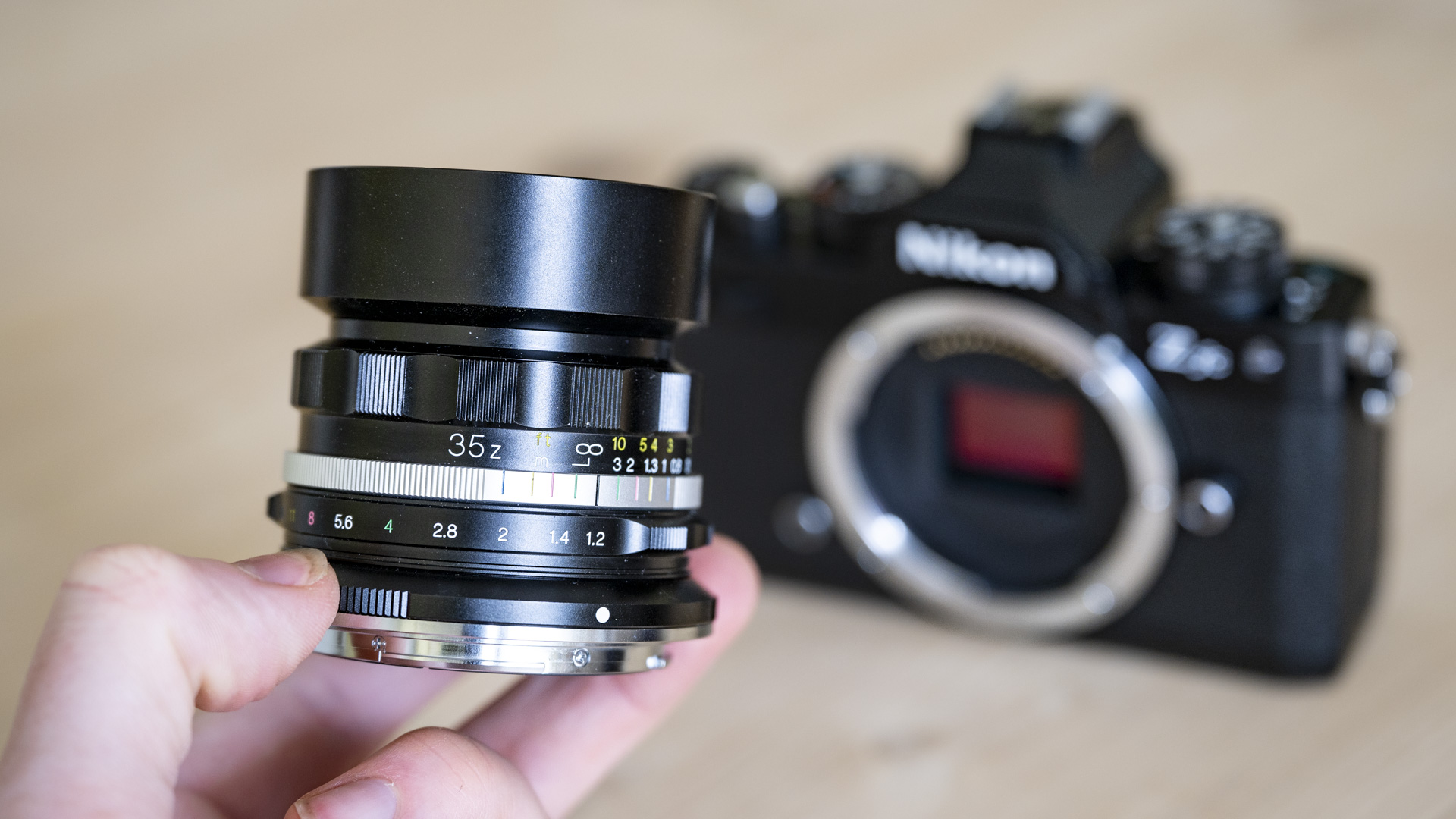
(Image credit: Future | Tim Coleman)
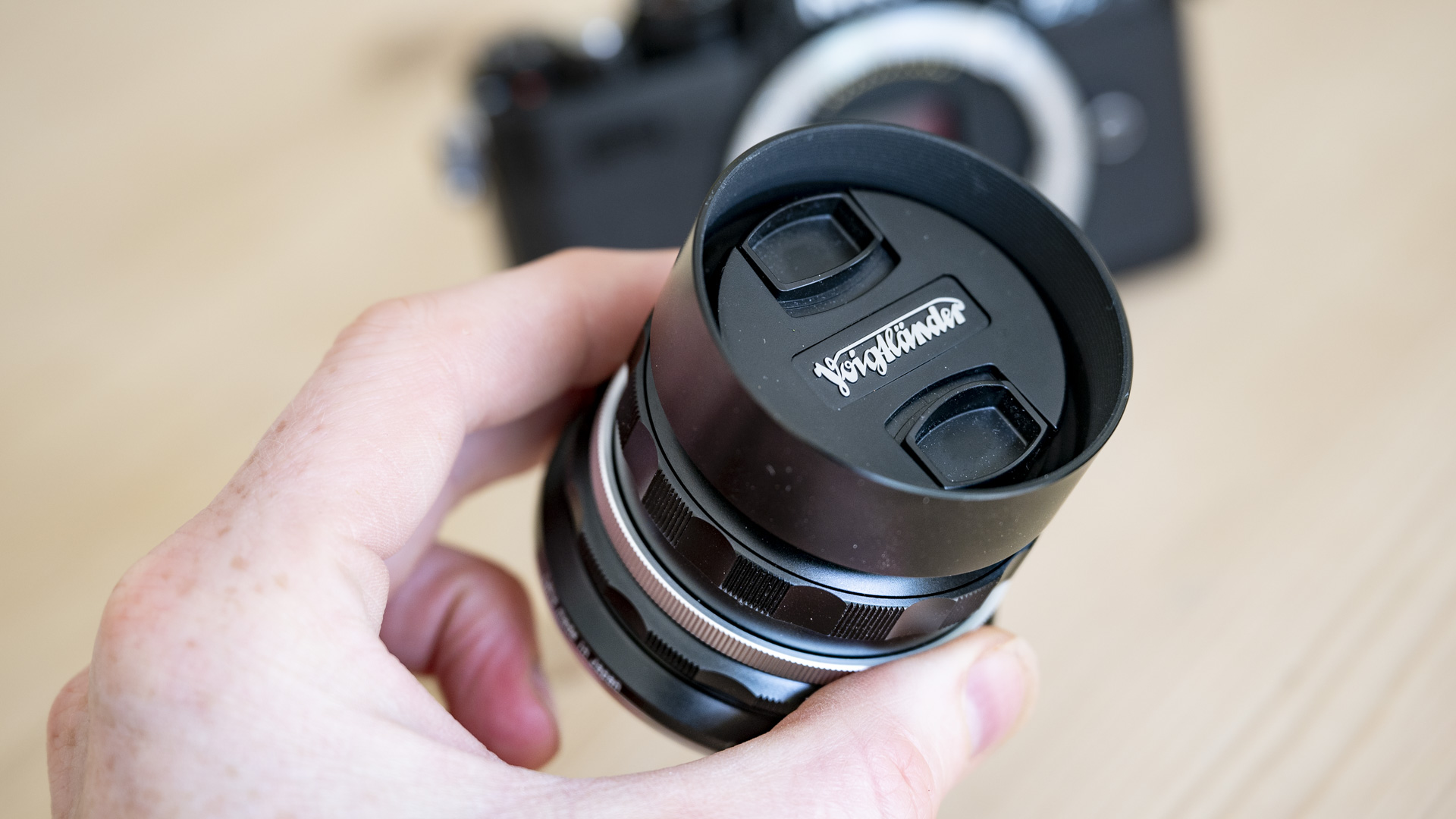
(Image credit: Future | Tim Coleman)
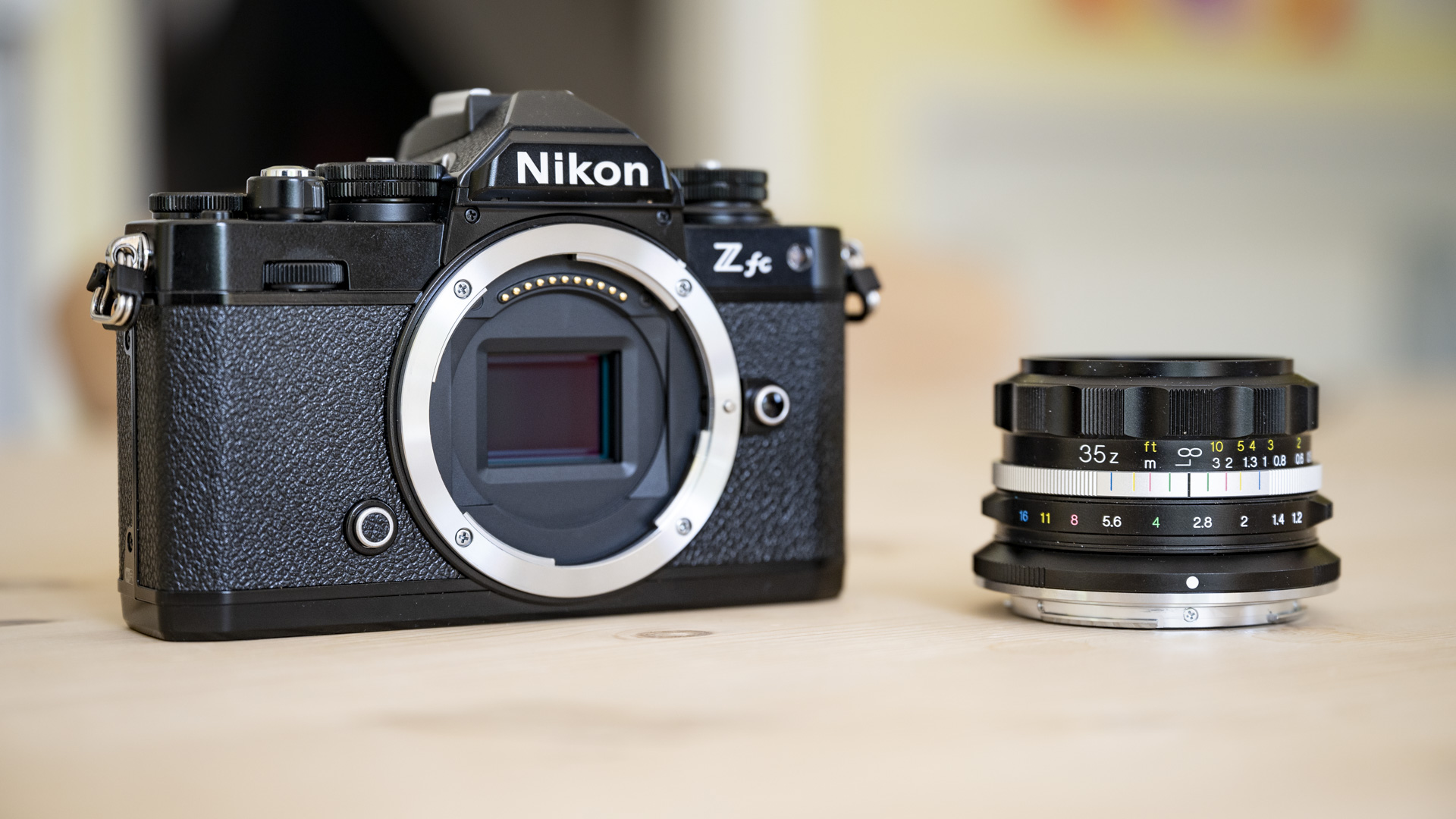
(Image credit: Future | Tim Coleman)
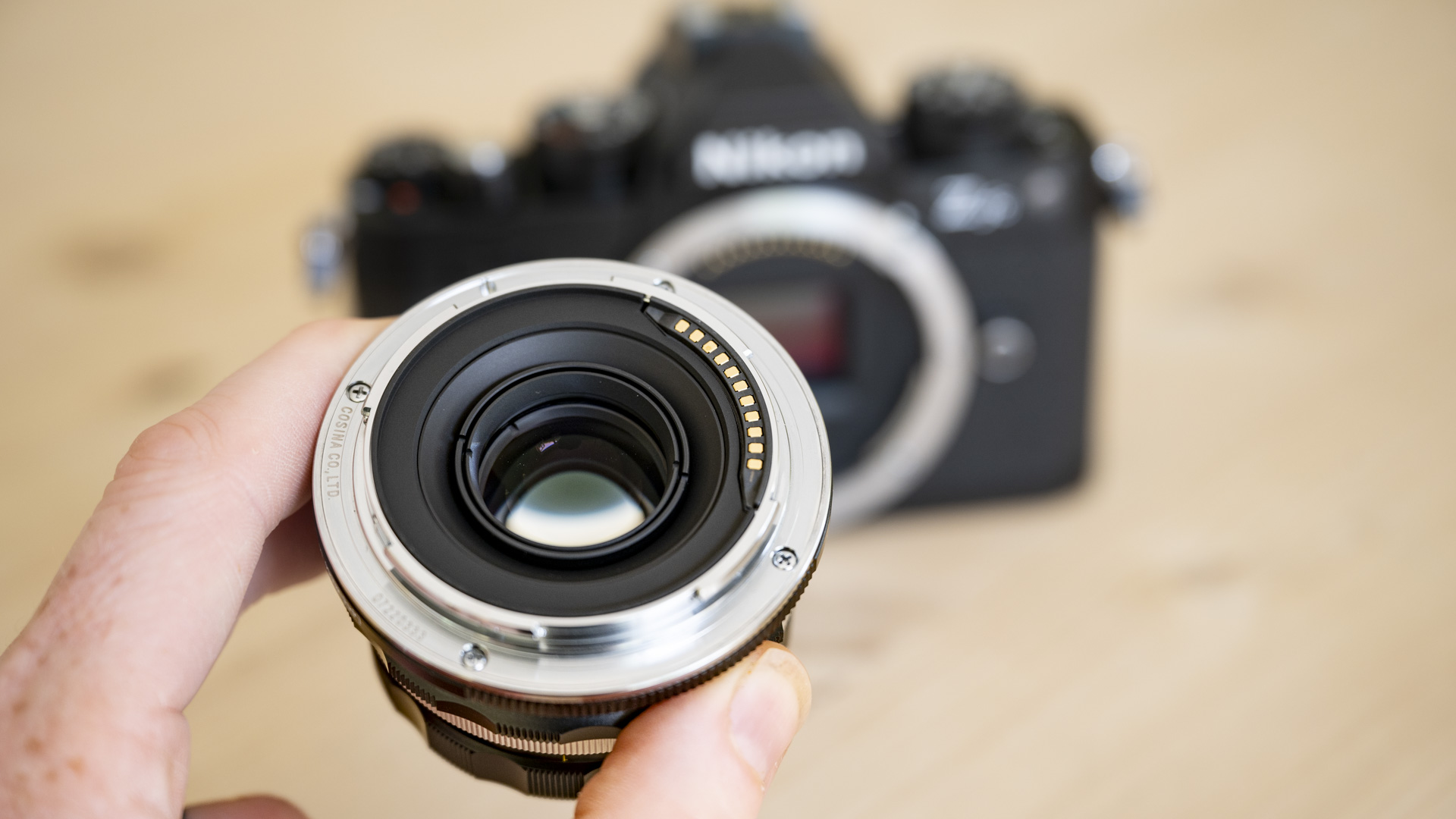
(Image credit: Future | Tim Coleman)
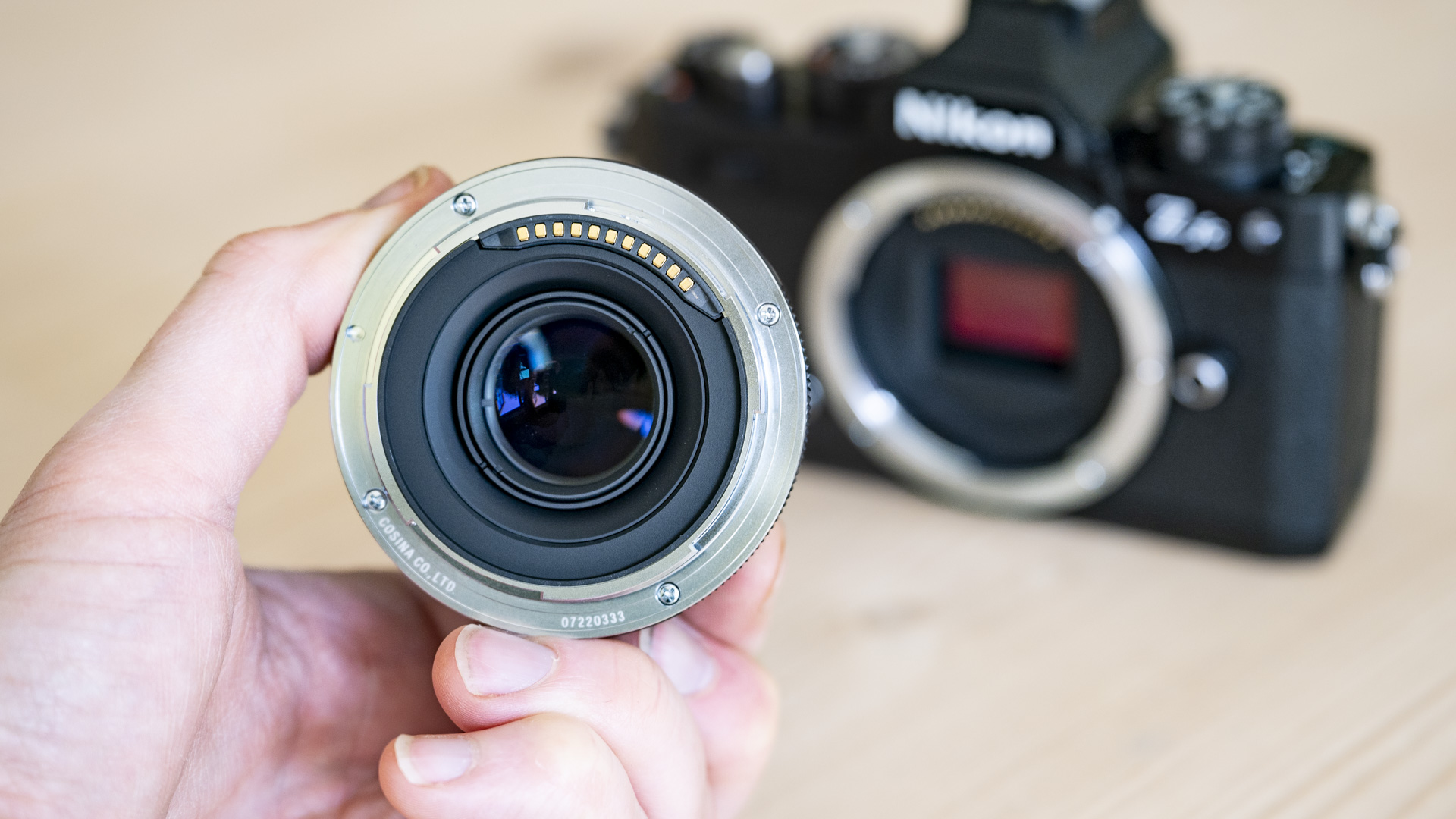
(Image credit: Future | Tim Coleman)
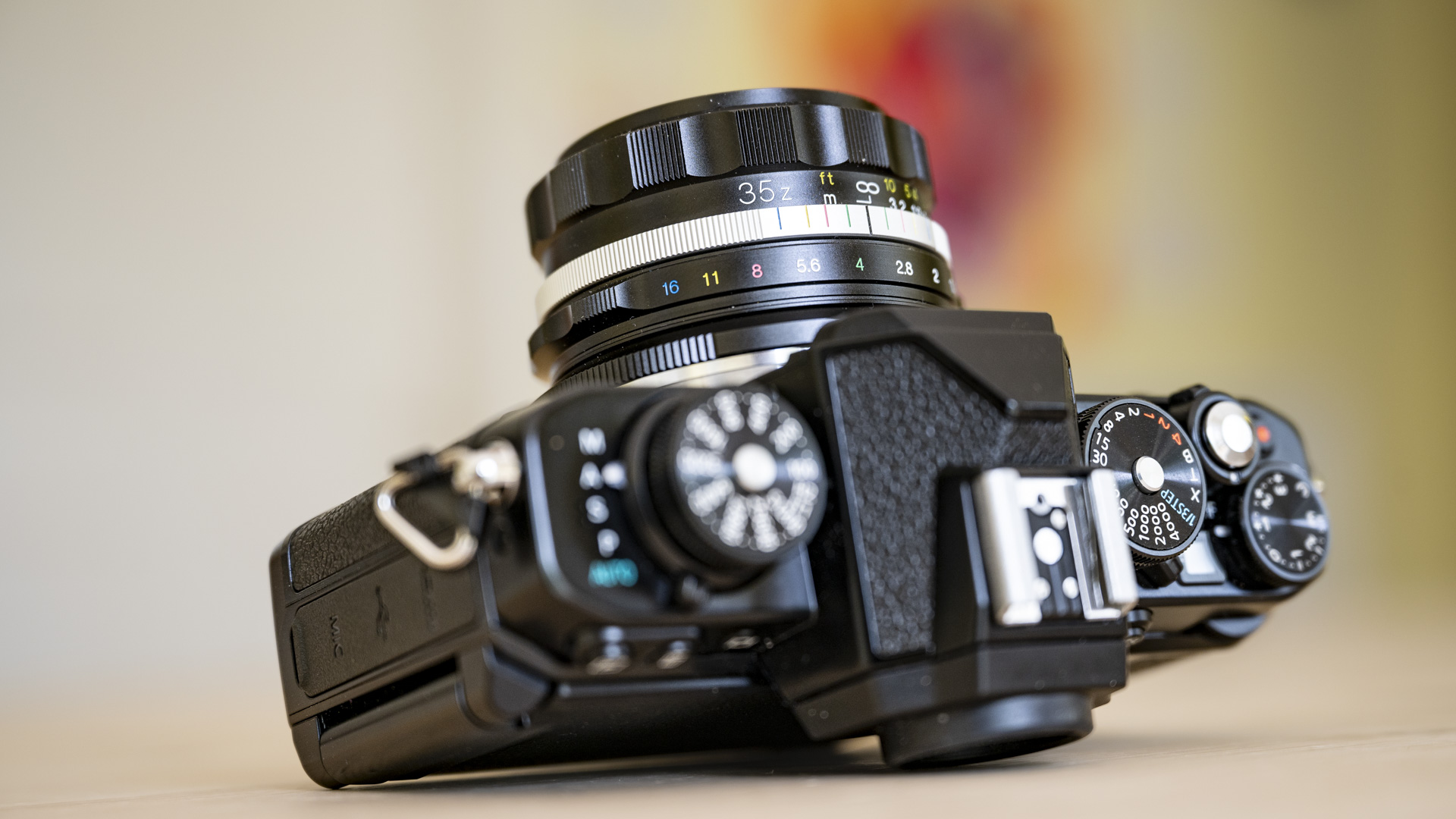
(Image credit: Future | Tim Coleman)
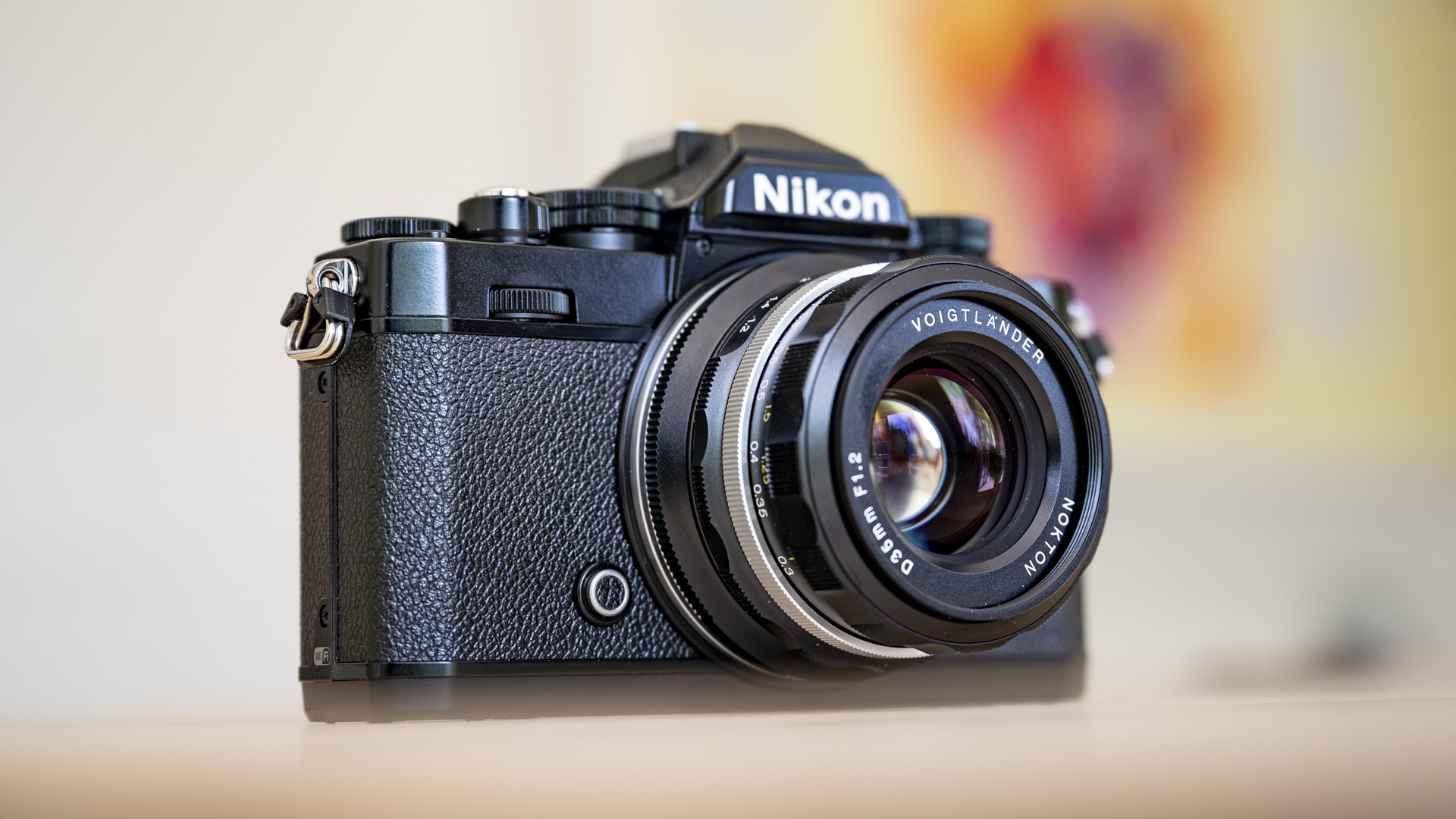
(Image credit: Future | Tim Coleman)
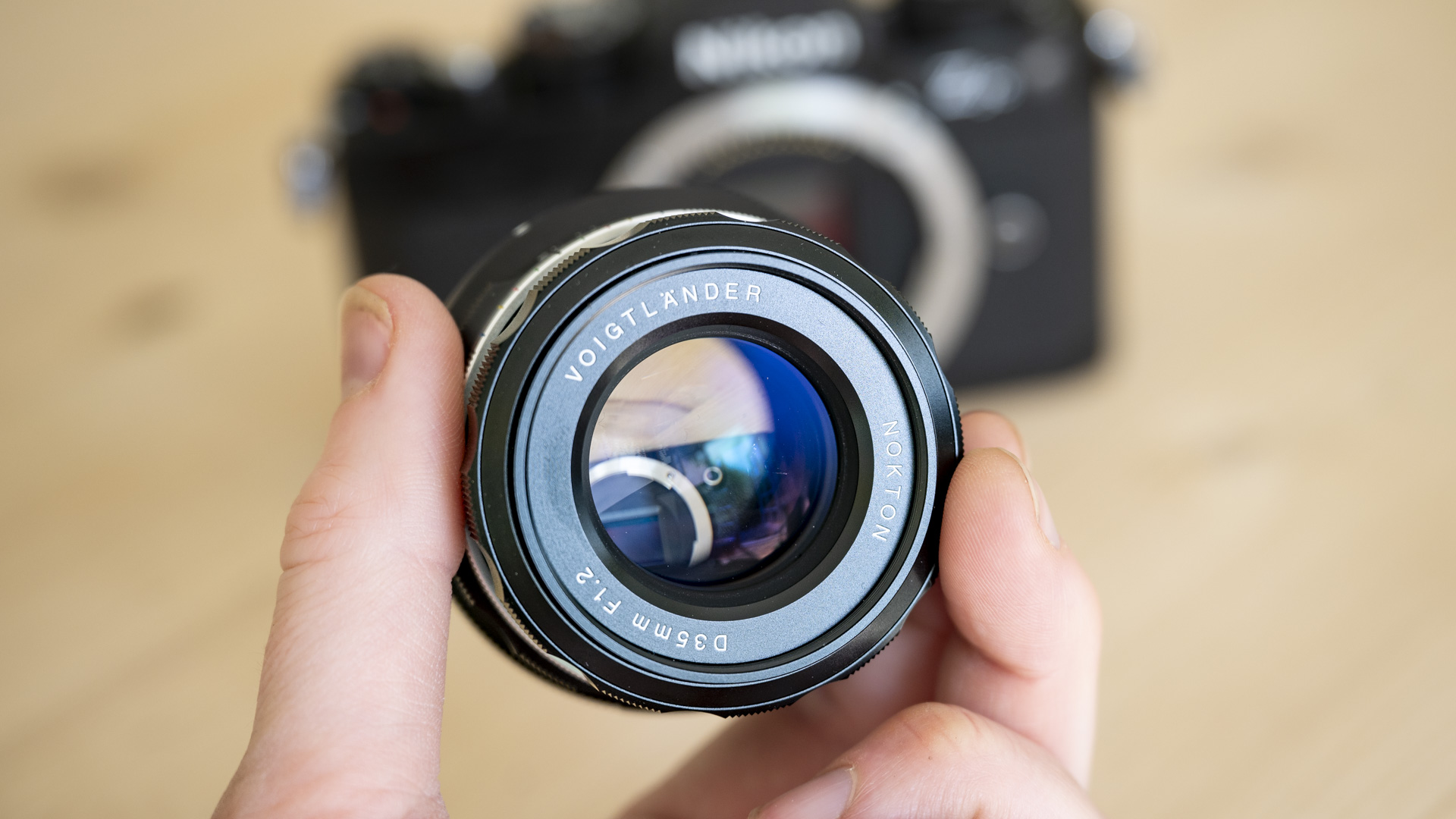
(Image credit: Future | Tim Coleman)
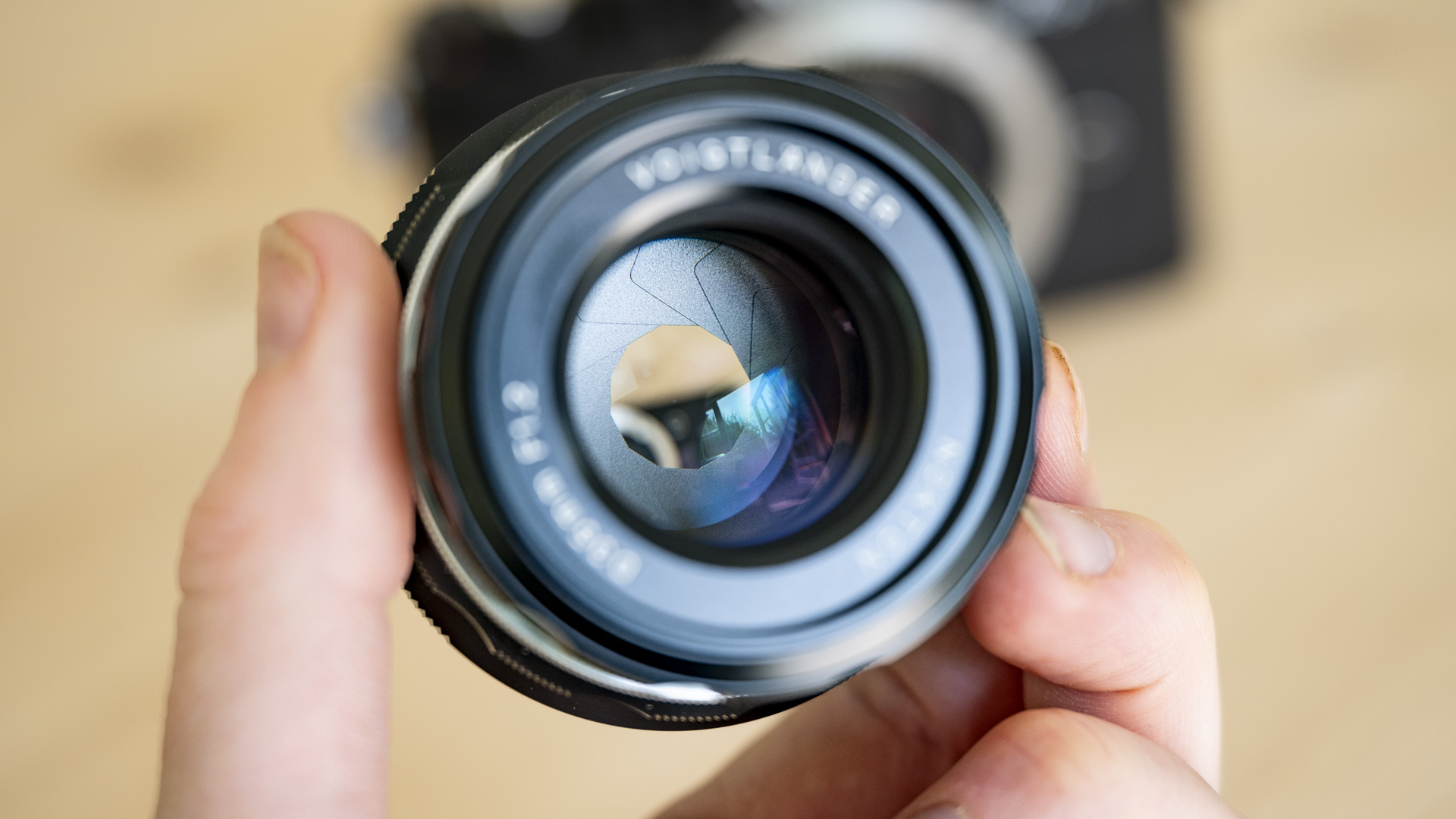
(Image credit: Future | Tim Coleman)
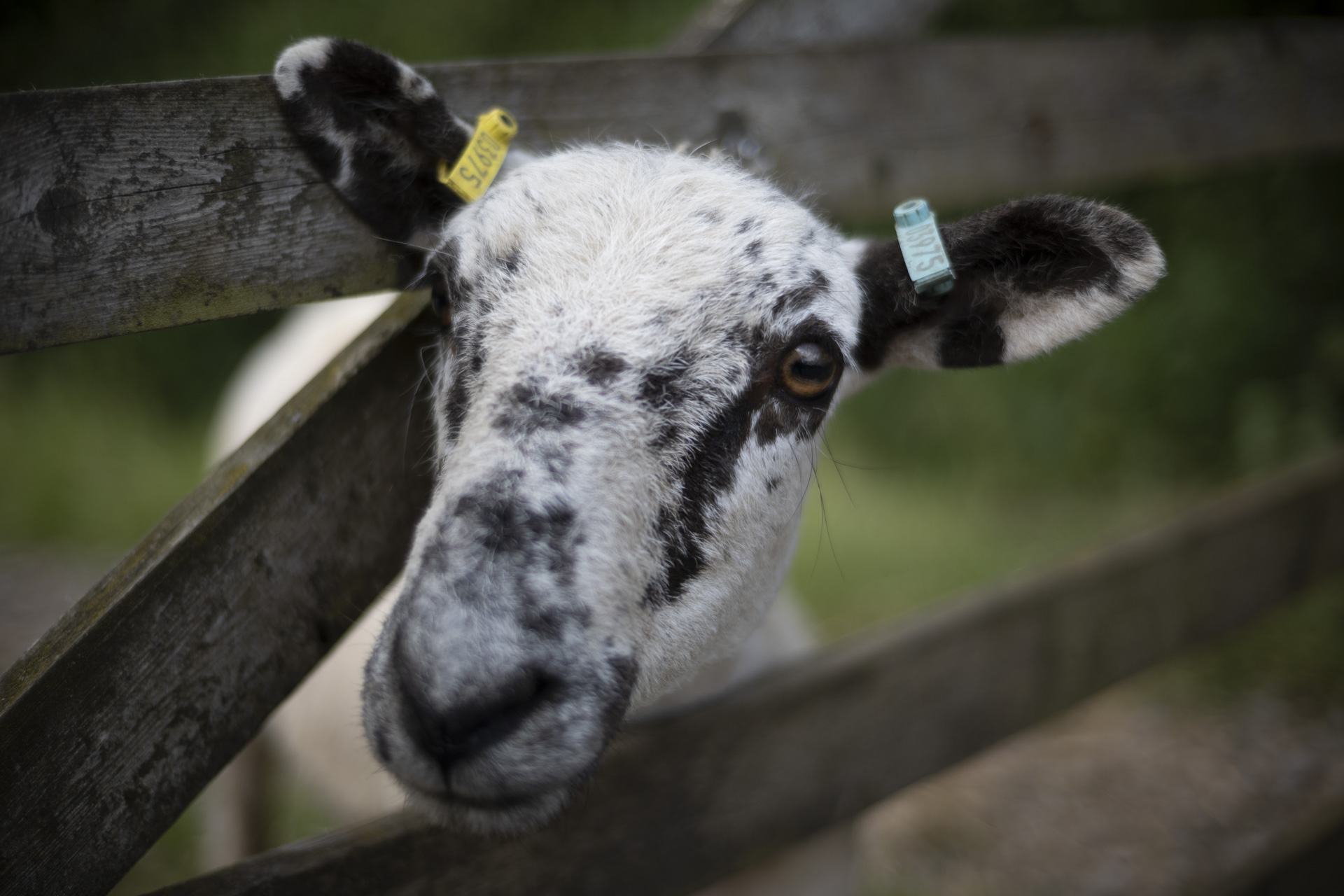
f/1.2(Image credit: Future | Tim Coleman)
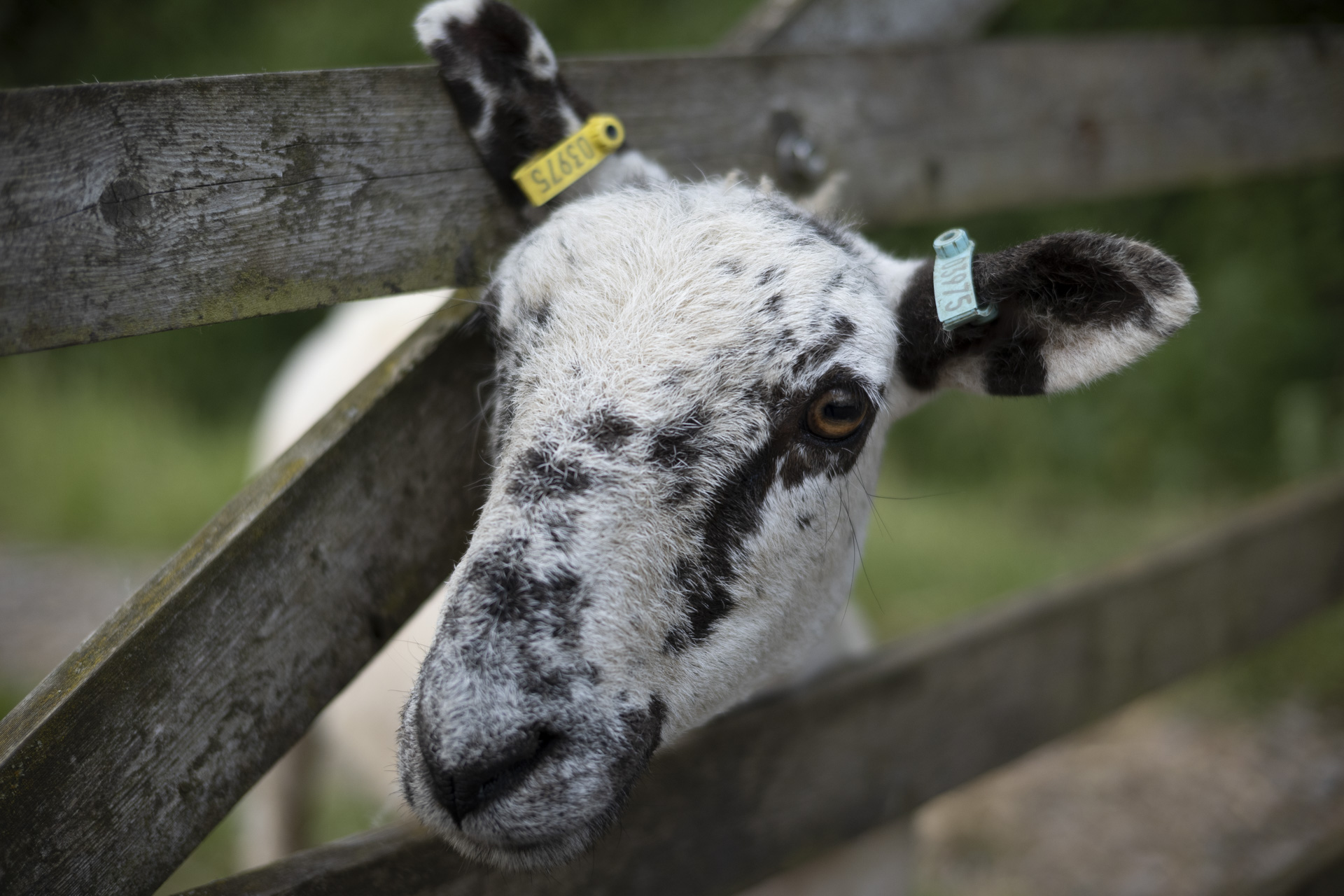
f/1.8(Image credit: Future | Tim Coleman)
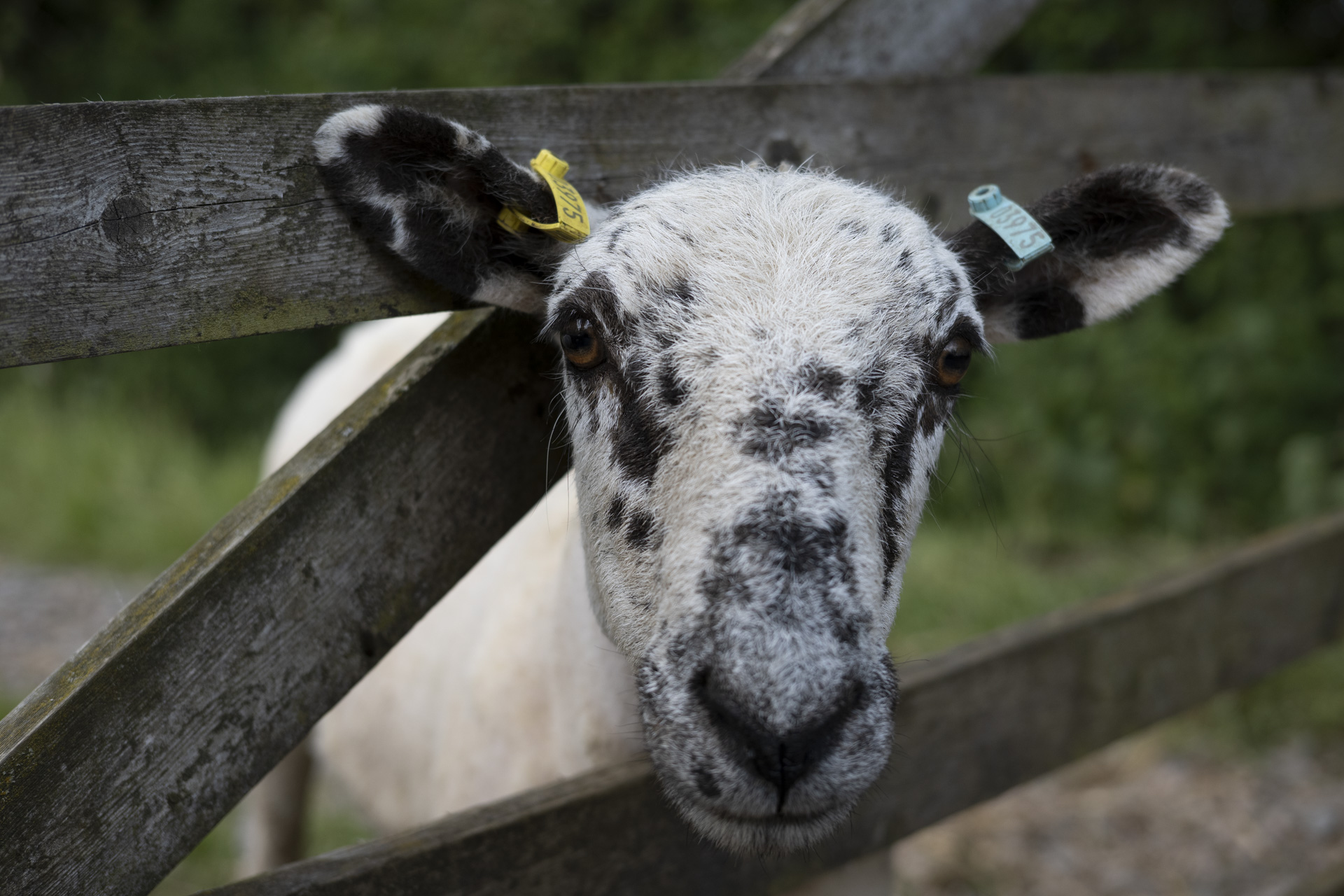
f/2.8(Image credit: Future | Tim Coleman)
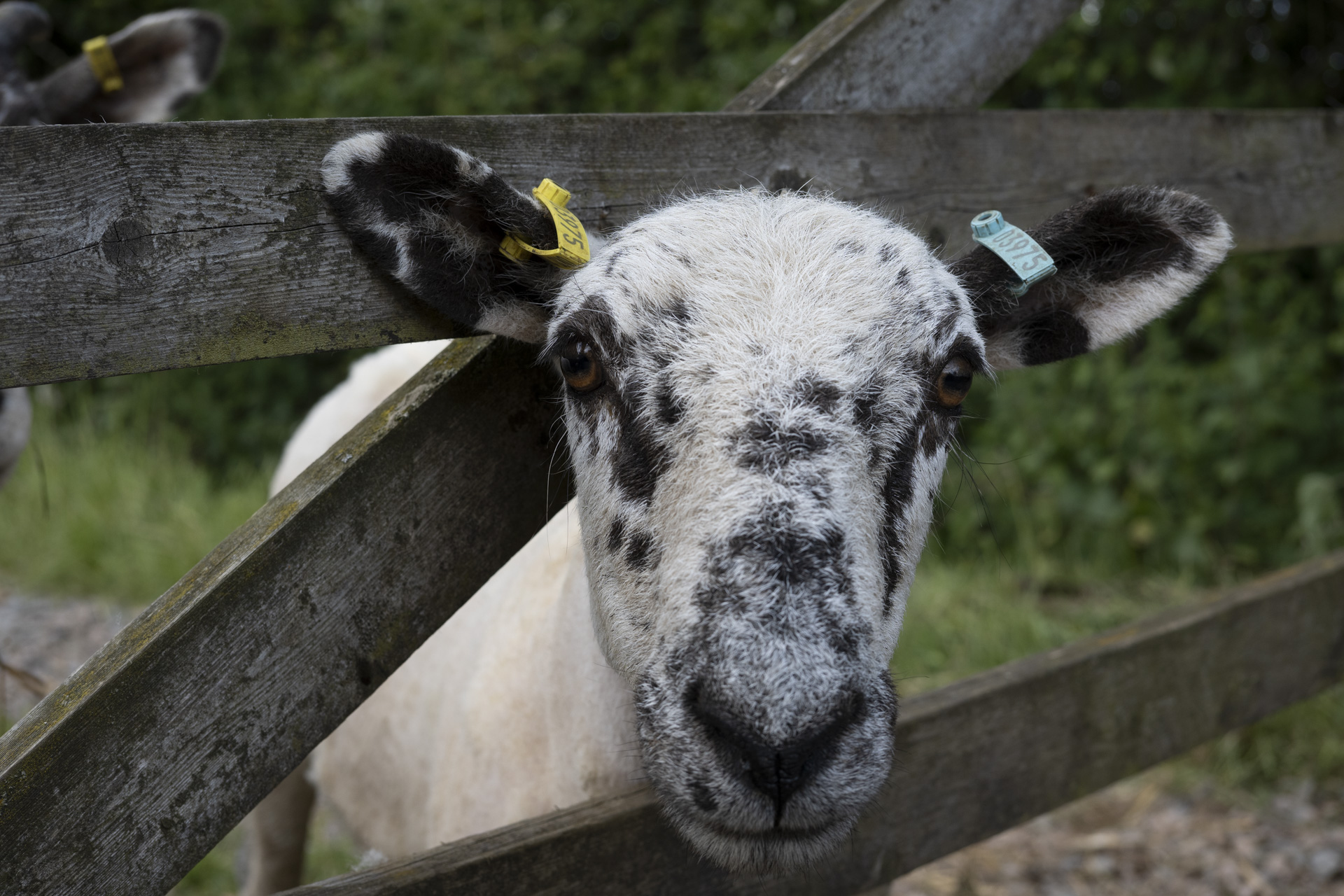
f/4(Image credit: Future | Tim Coleman)
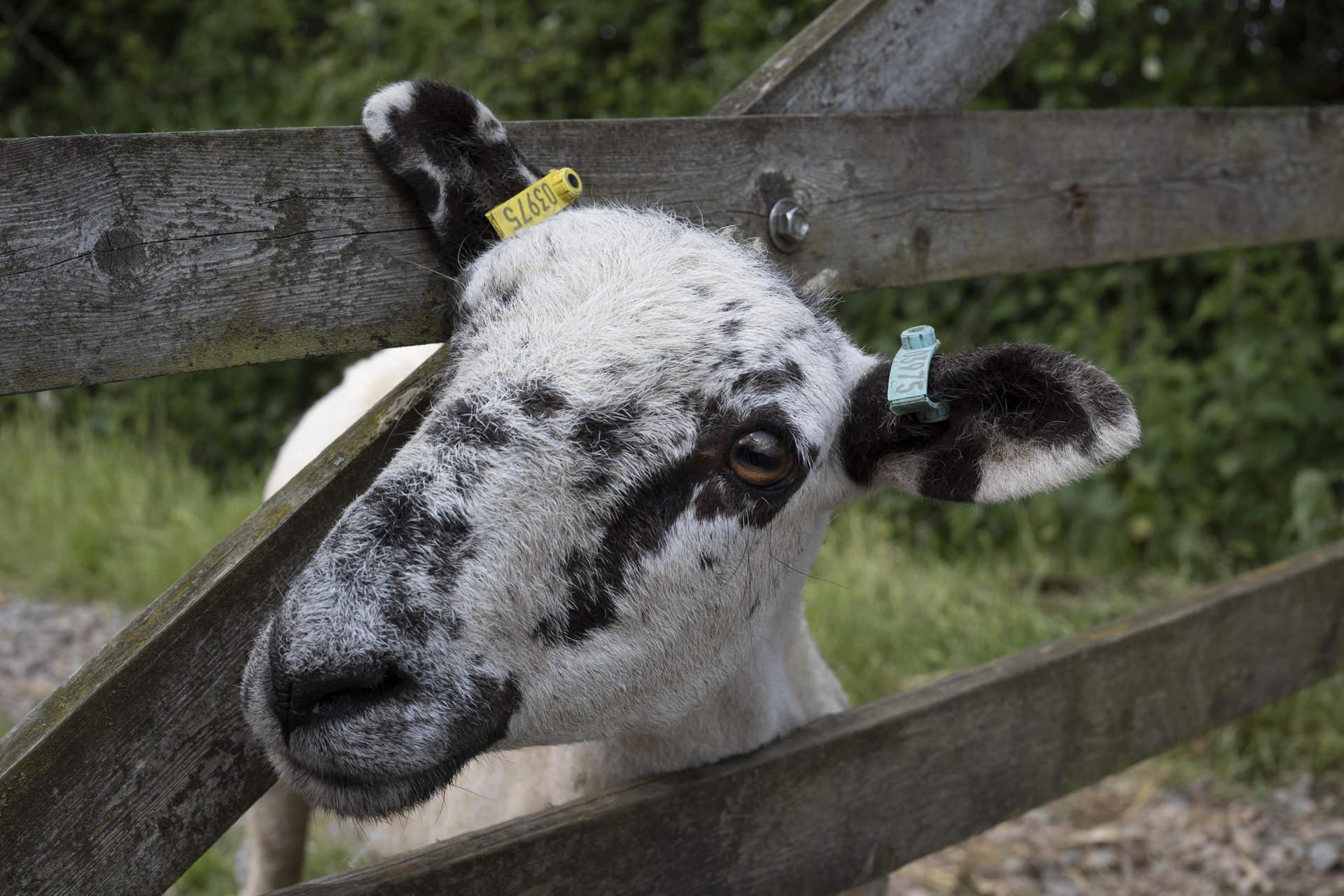
f/5.6(Image credit: Future | Tim Coleman)
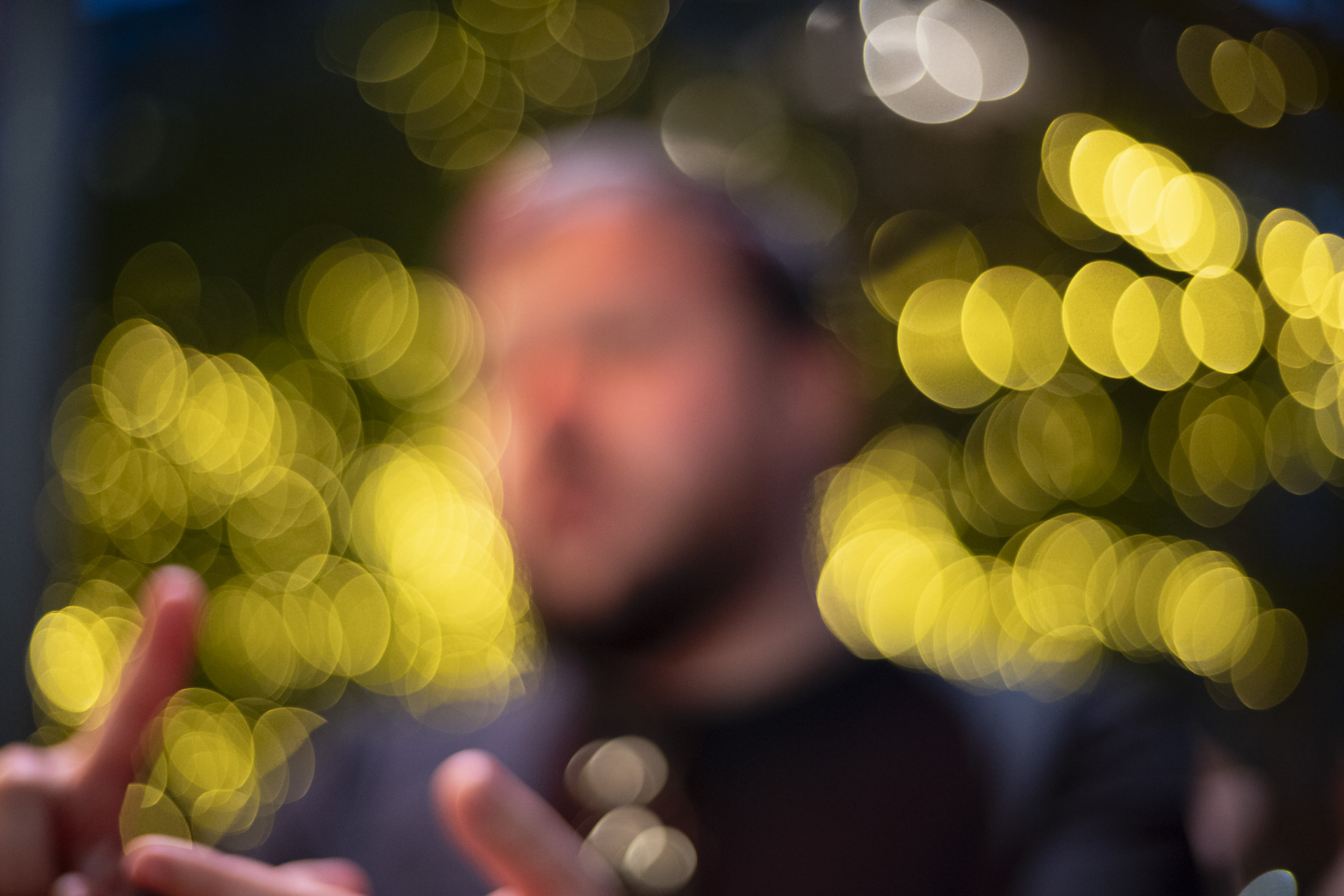
(Image credit: Future | Tim Coleman)
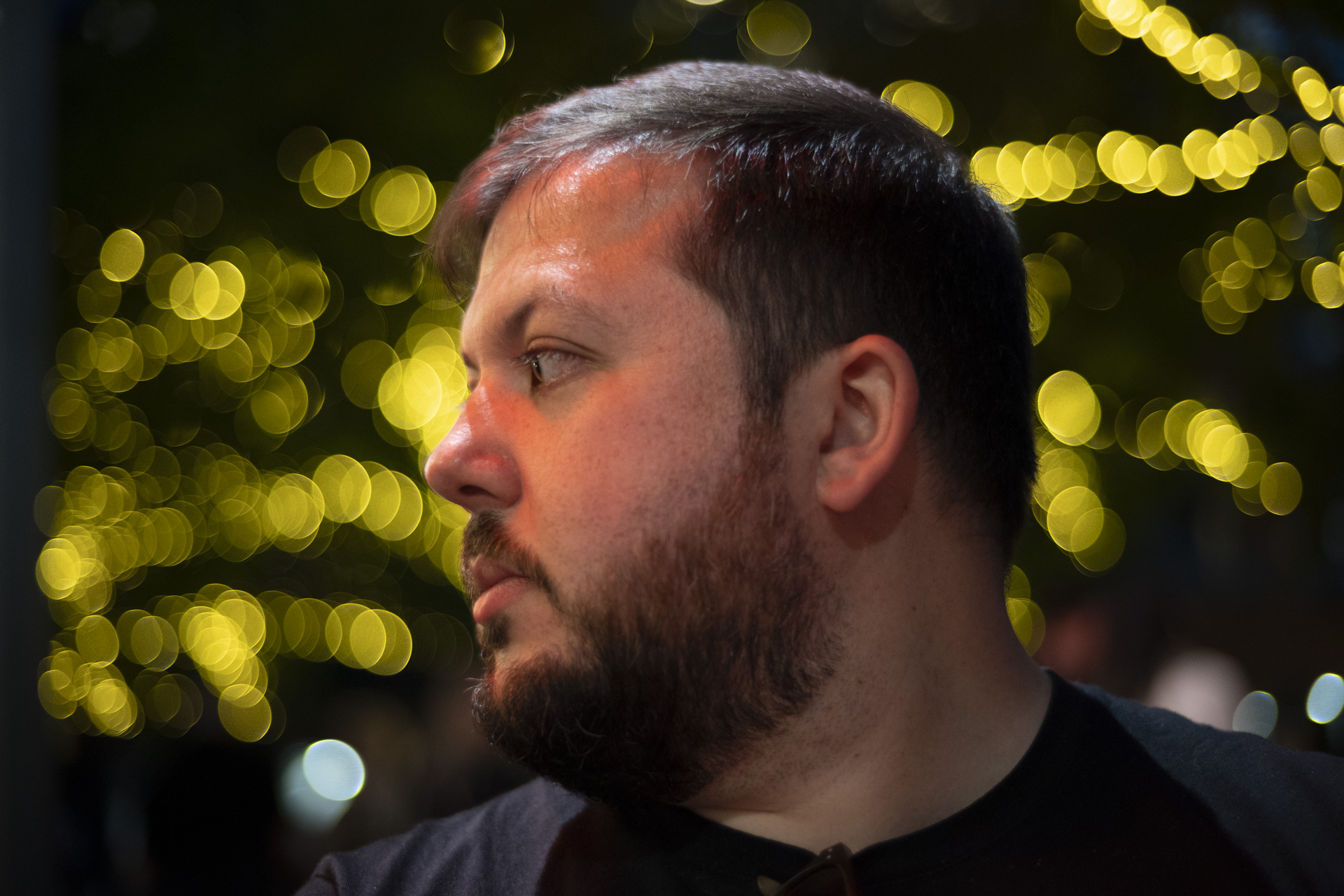
(Image credit: Future | Tim Coleman)

Portrait at f/1.2(Image credit: Future | Tim Coleman)
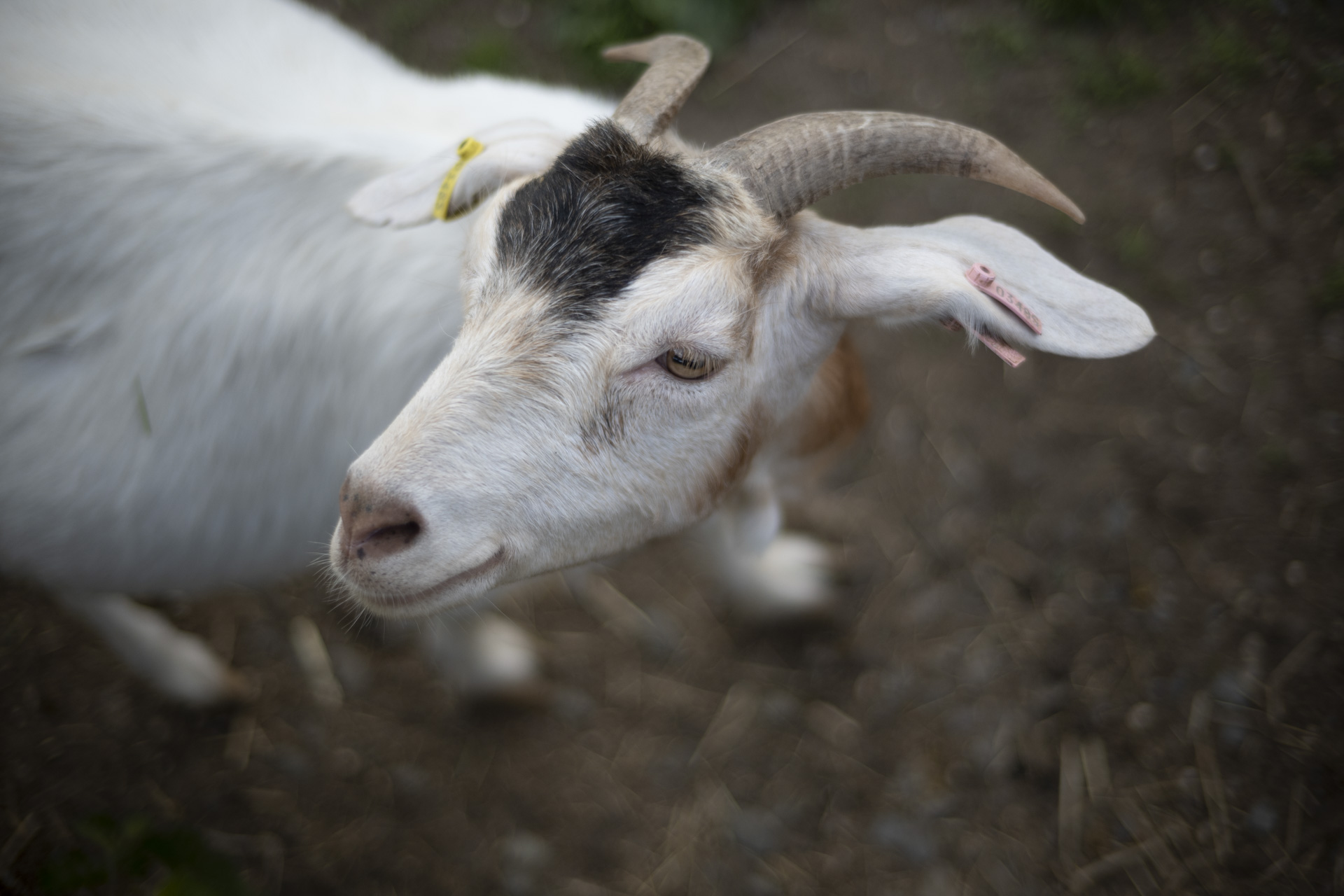
There’s plenty of character in out of focus areas(Image credit: Future | Tim Coleman)
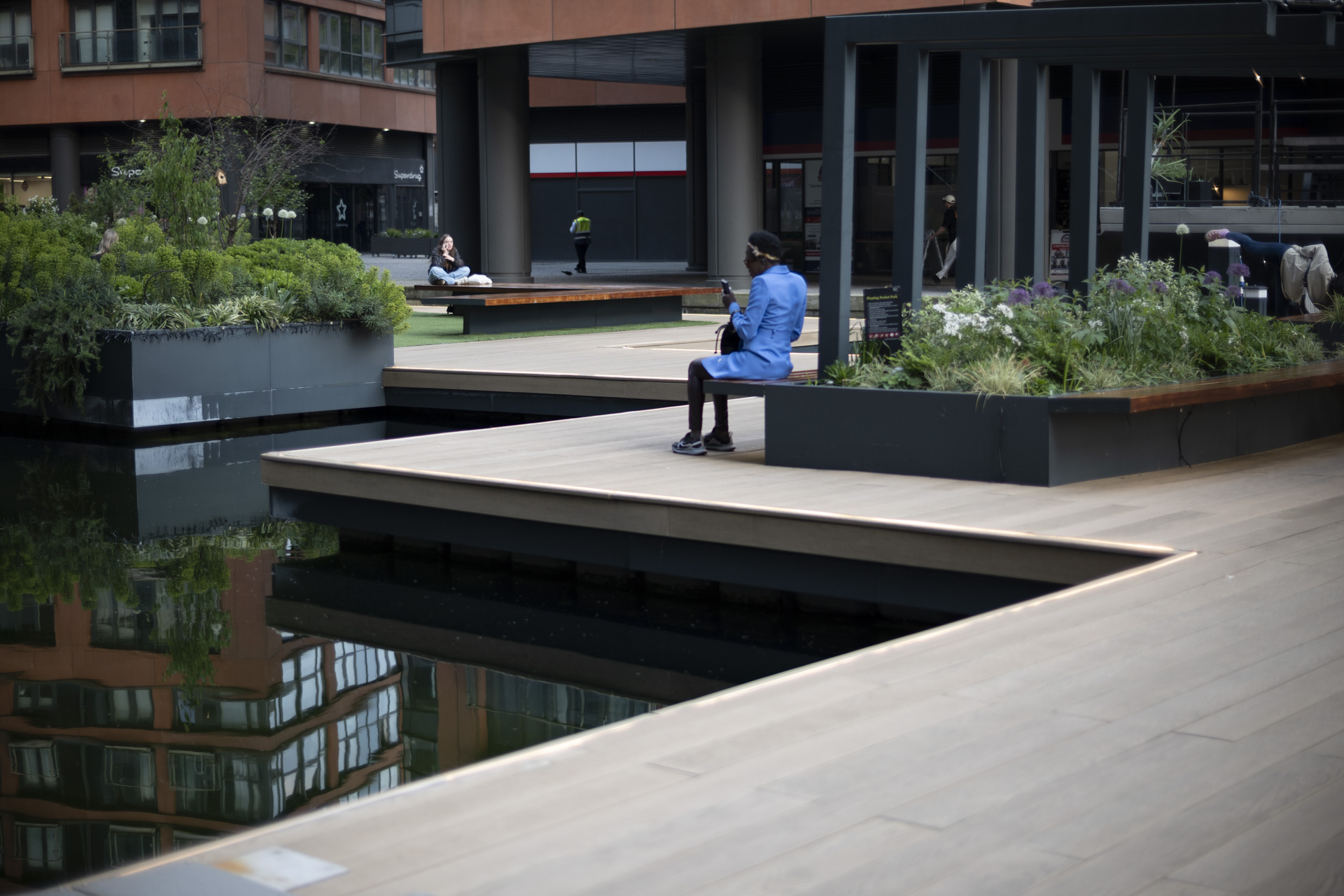
At f/1.2 there’s vignetting and detail even in sharply focused areas is a little soft(Image credit: Future | Tim Coleman)
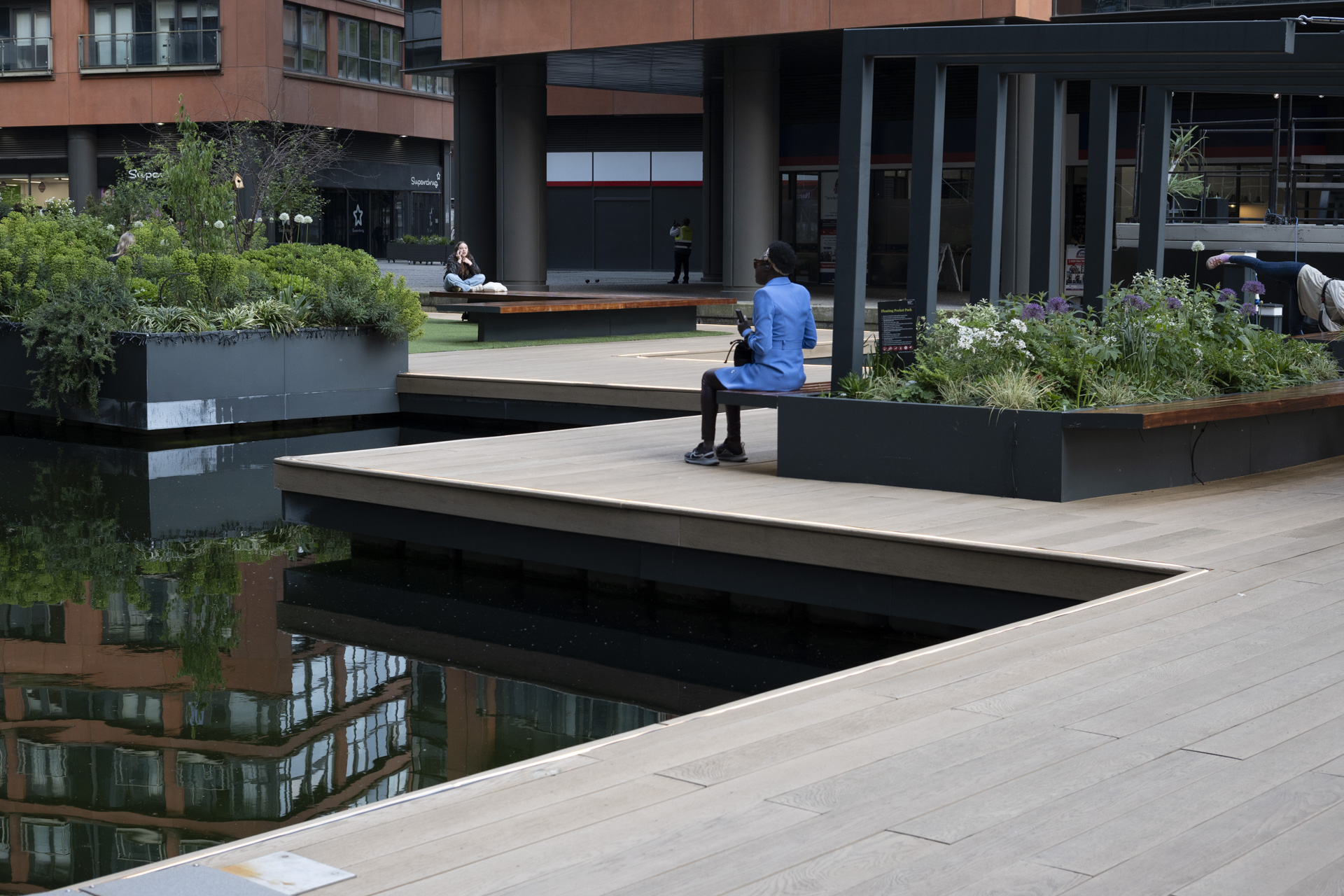
At f/5.6 the detail in focused areas is sharpest(Image credit: Future | Tim Coleman)
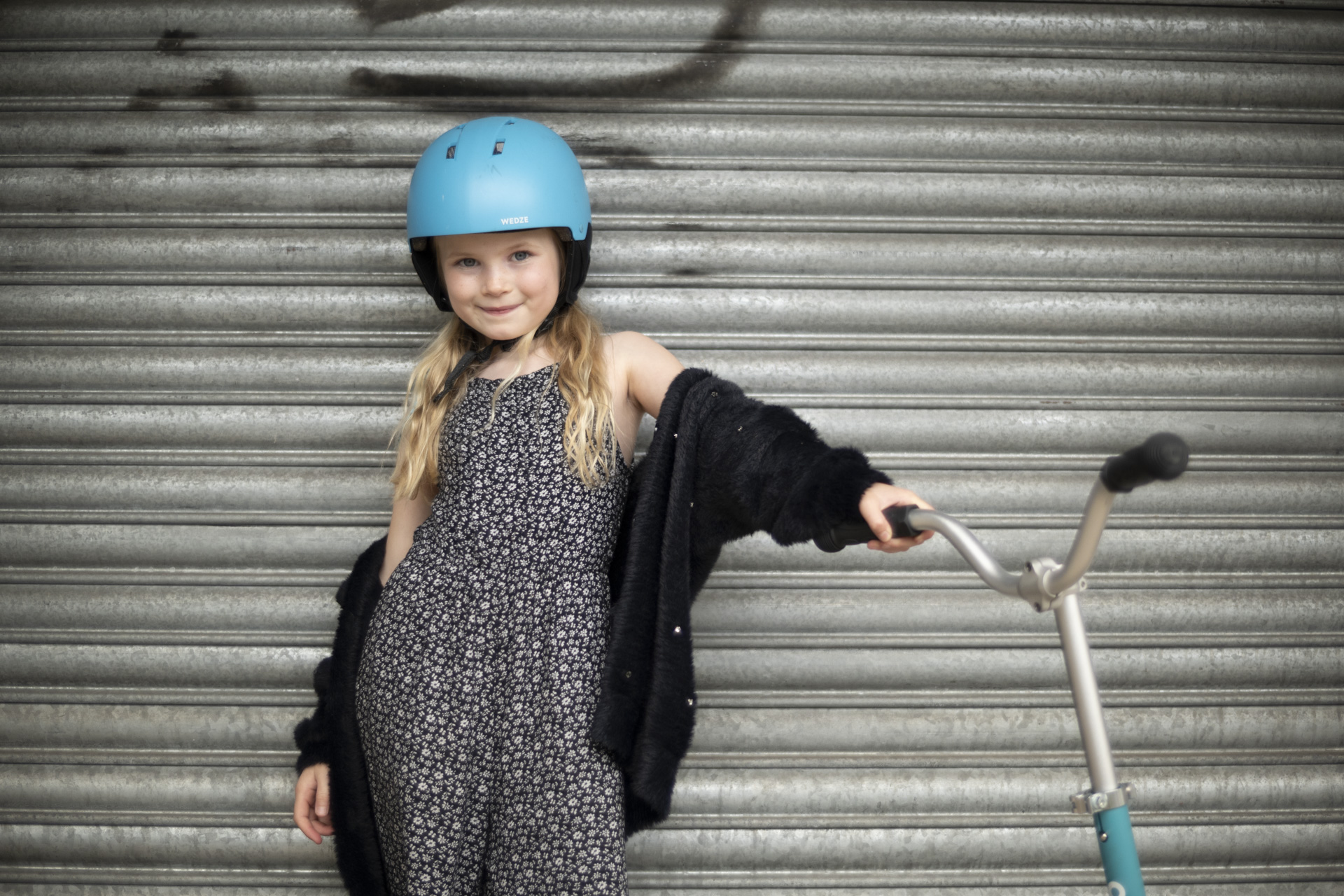
If your subject doesn’t mind staying still, manual focusing is workable(Image credit: Future | Tim Coleman)
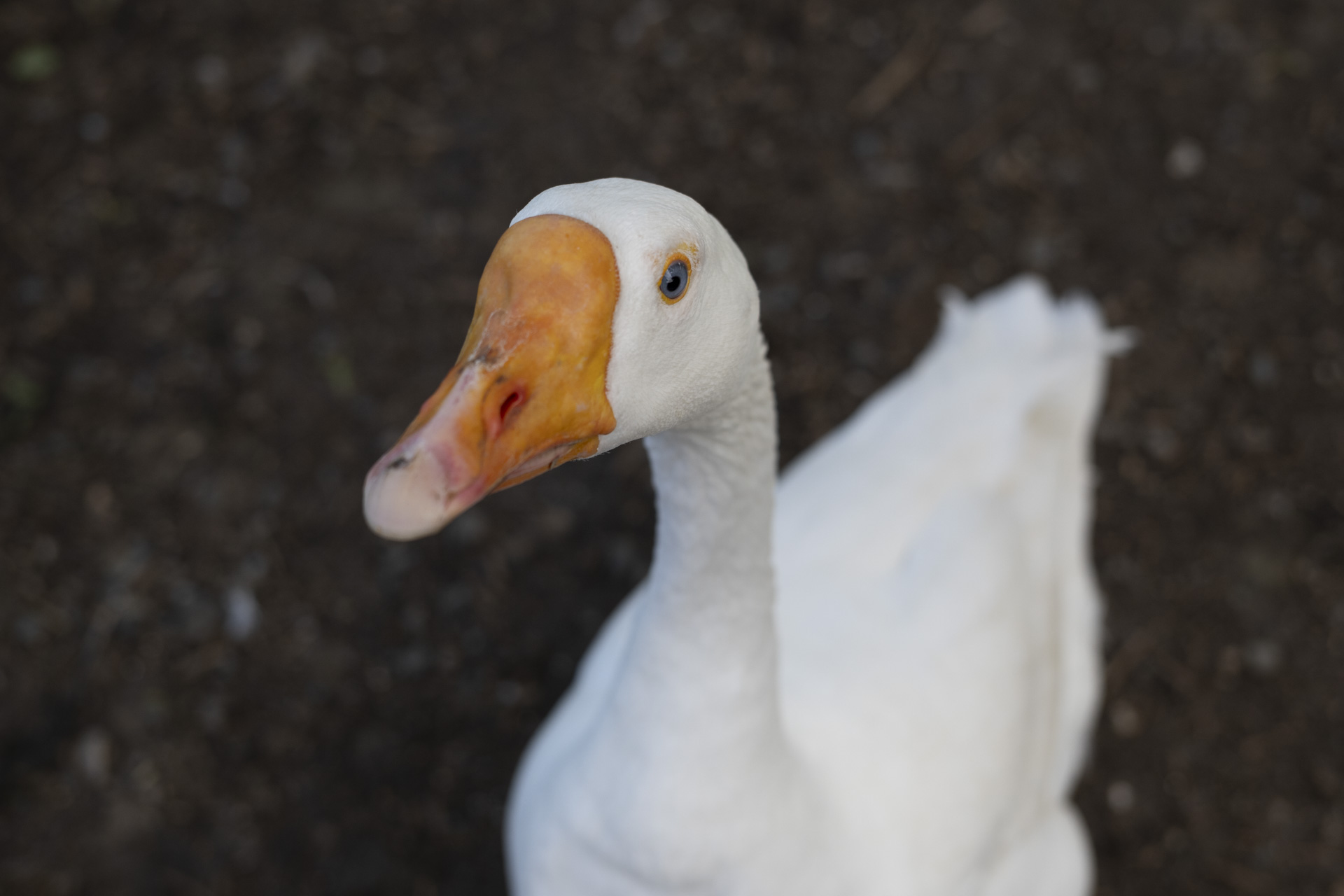
Manual focusing for erratic subjects can be challenging. I persevered to get this shot!(Image credit: Future | Tim Coleman)
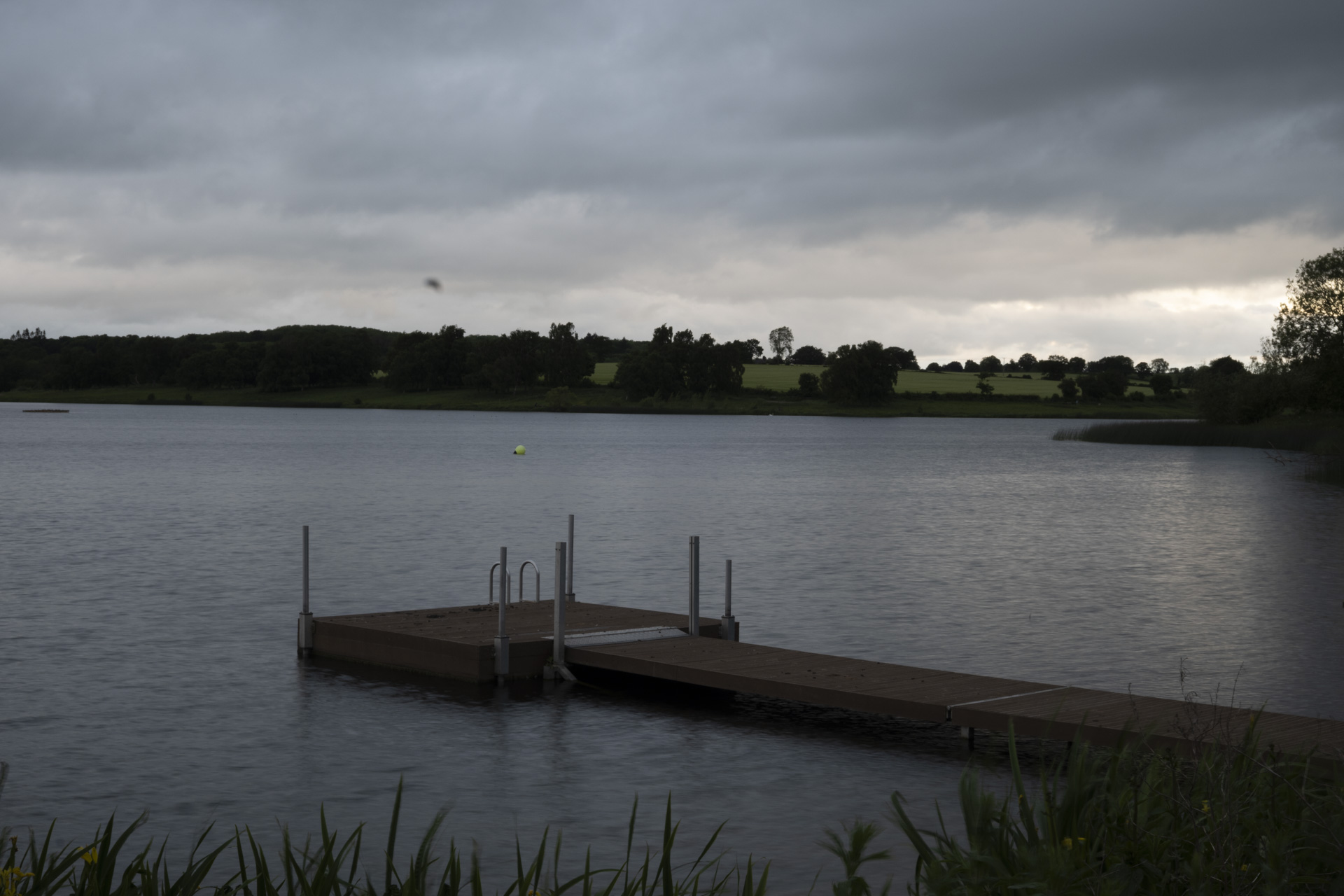
I mounted to a tripod for a slow shutter speed at f/16 to soften the choppy water(Image credit: Future | Tim Coleman)
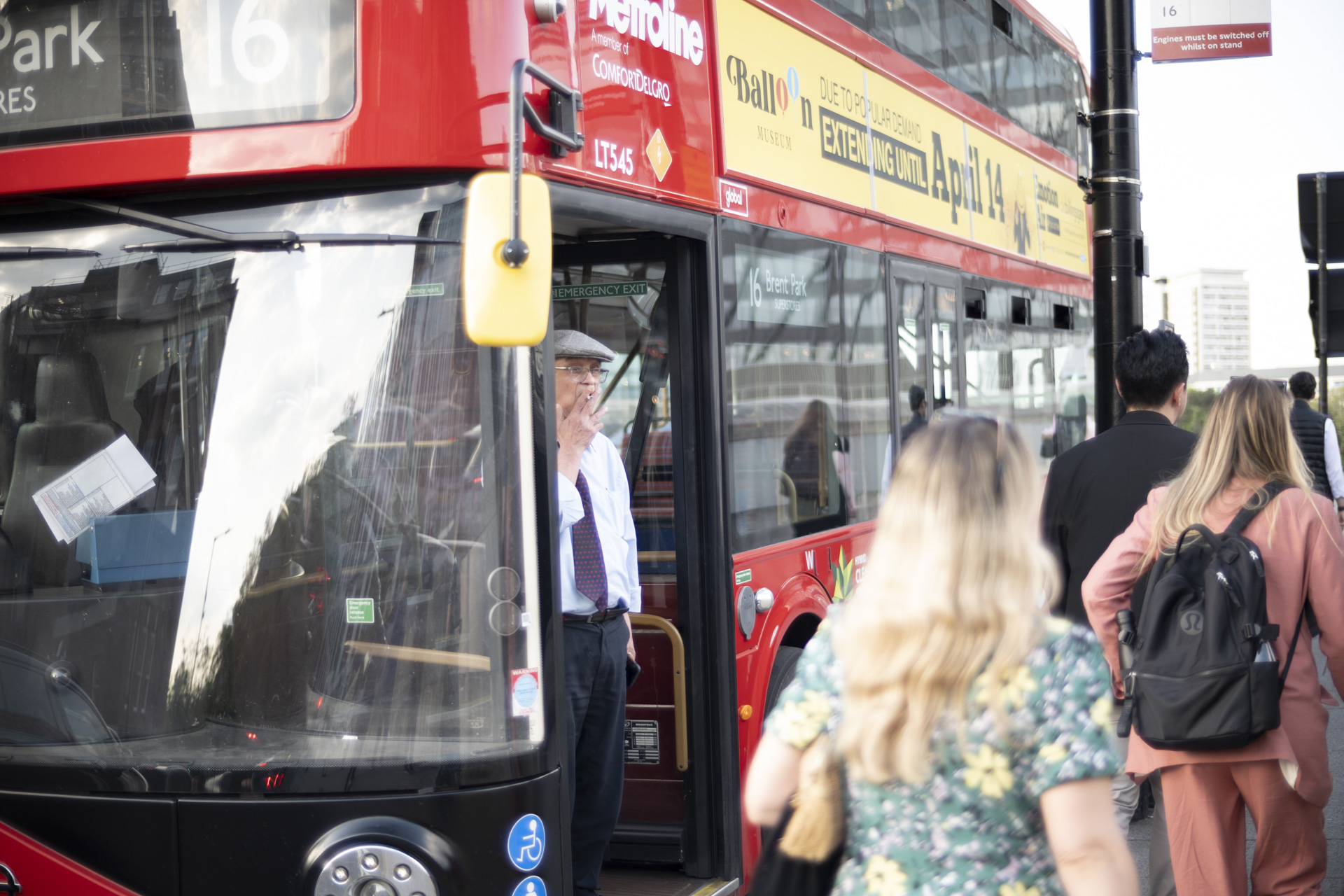
I liked using the Voigtlander lens for street photography(Image credit: Future | Tim Coleman)
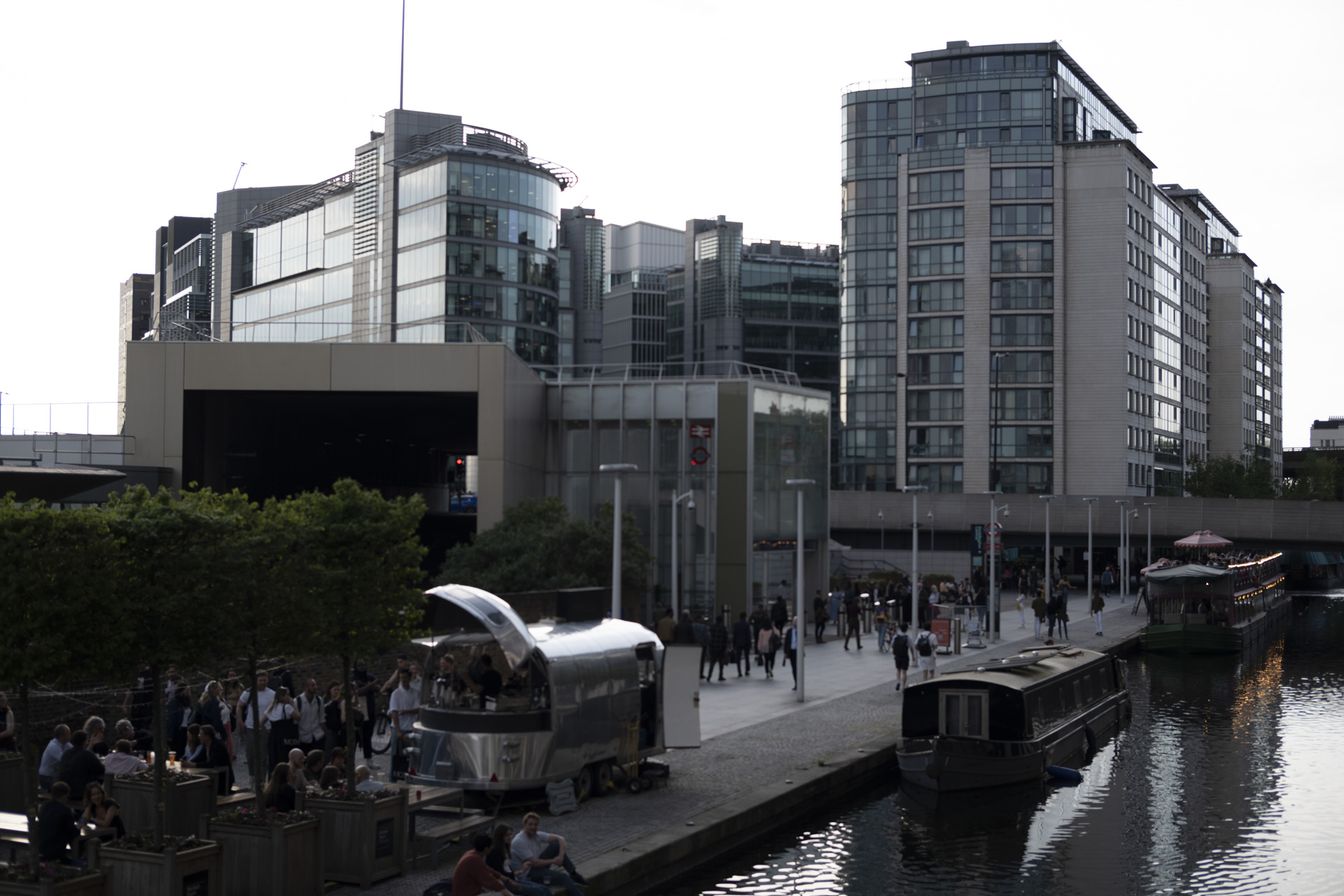
Detail is sharp if you use an aperture of around f/5.6(Image credit: Future | Tim Coleman)
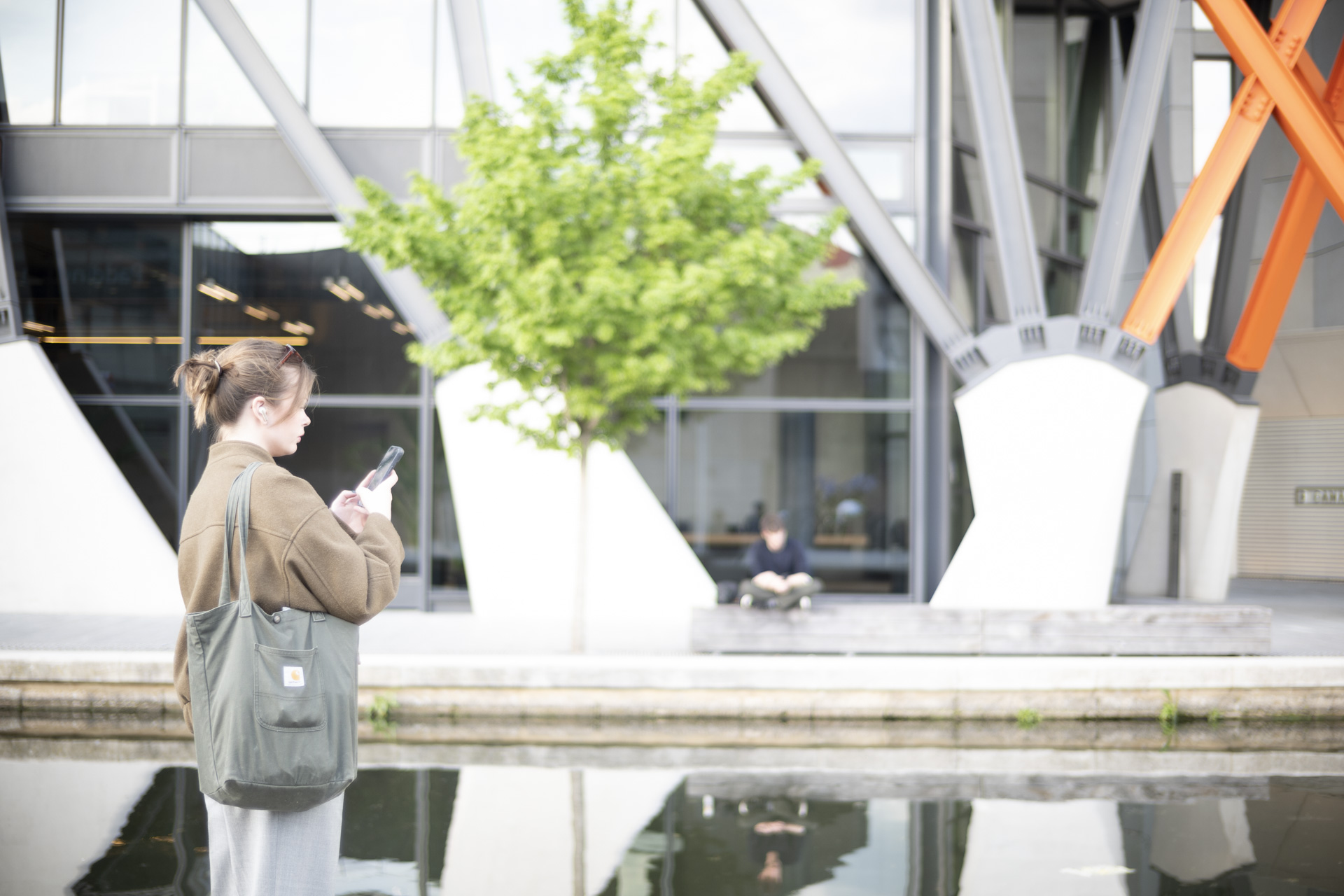
You’ll need to persevere for sharp shots given you don’t have autofocus.(Image credit: Future | Tim Coleman)
